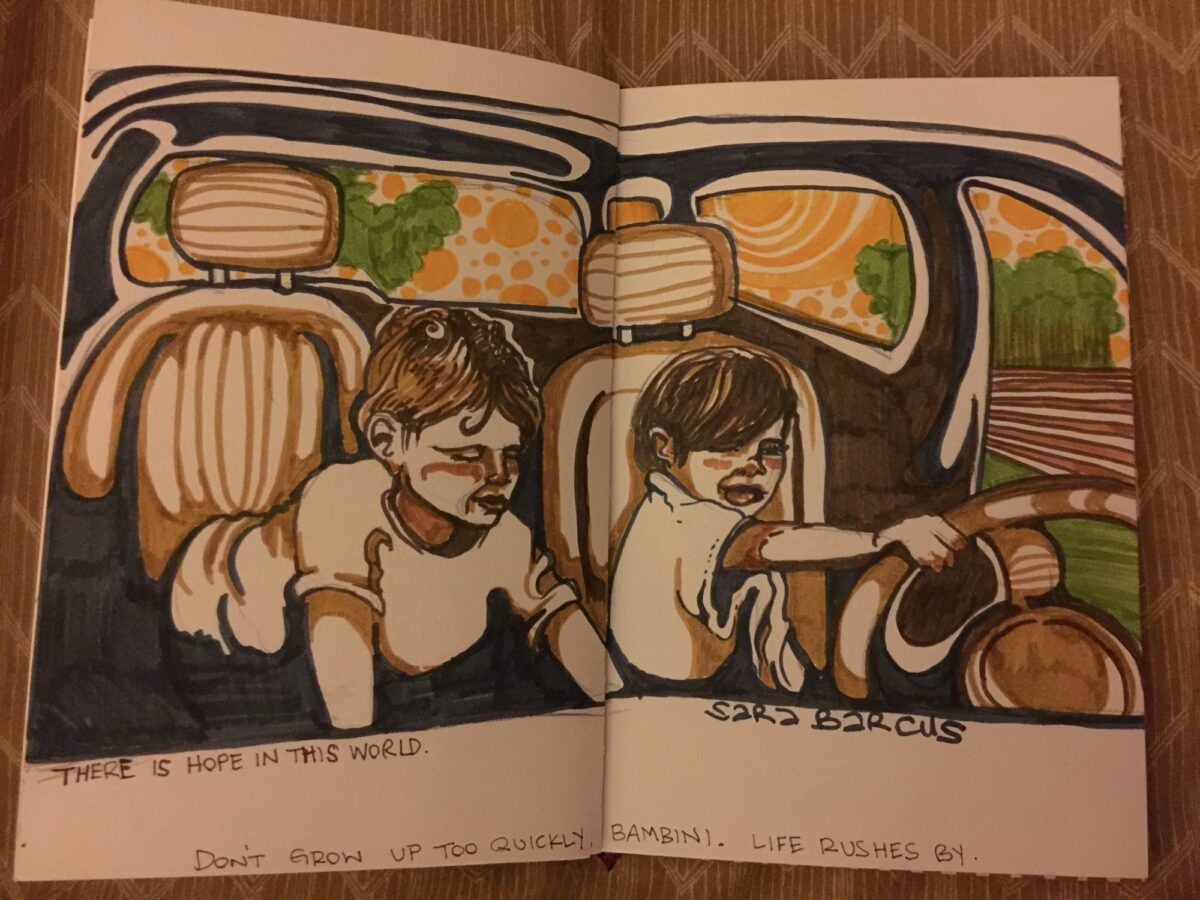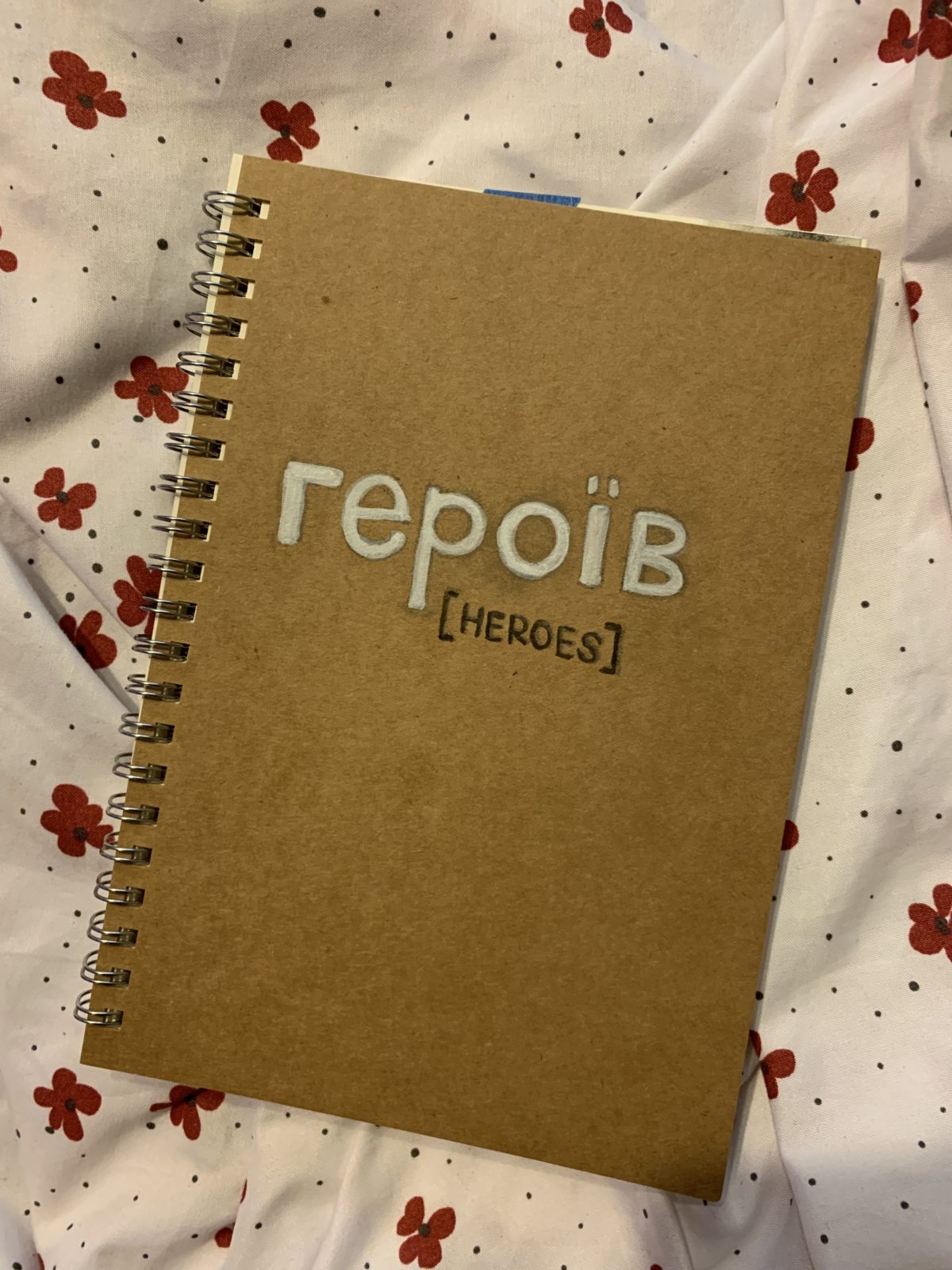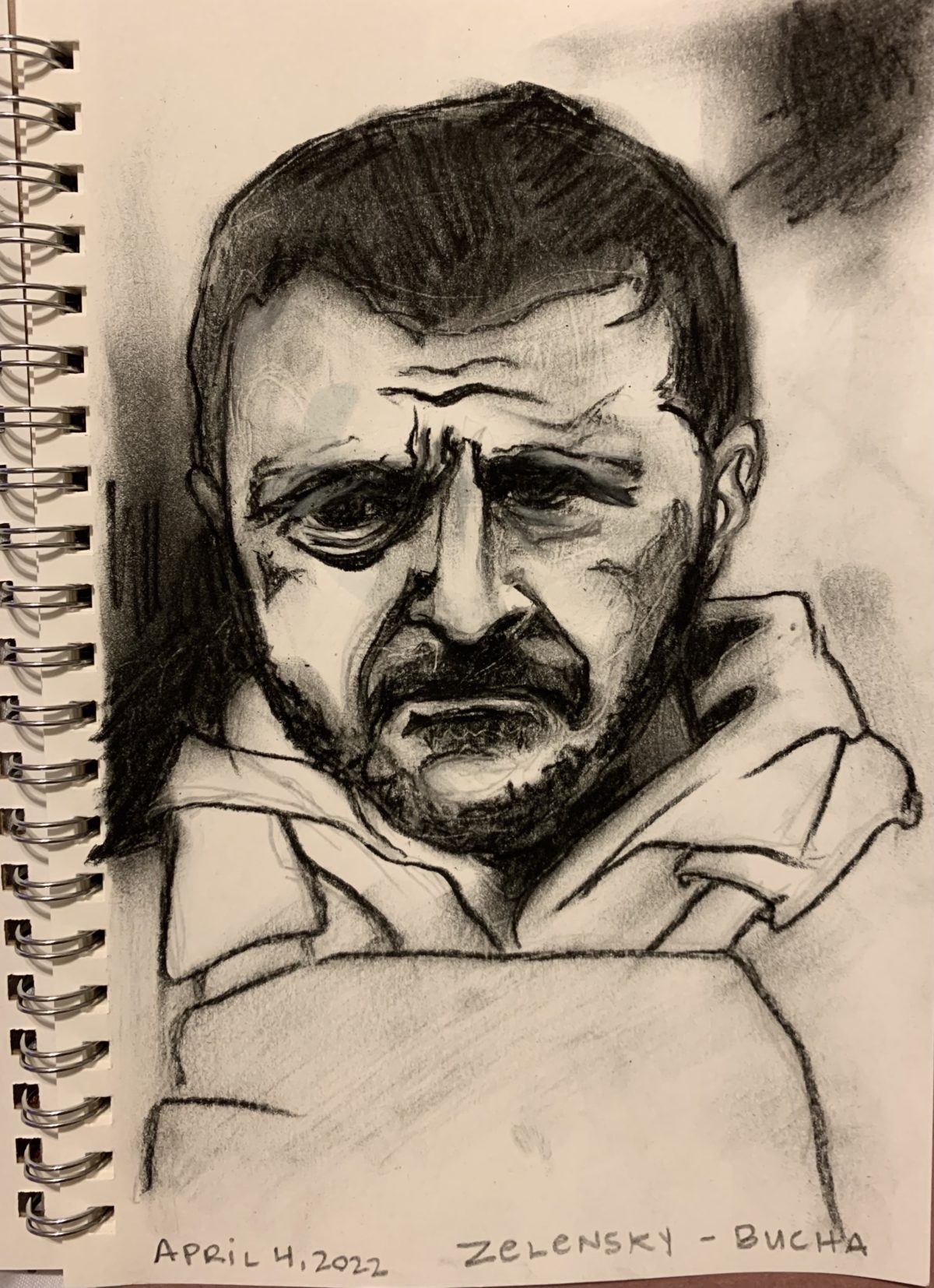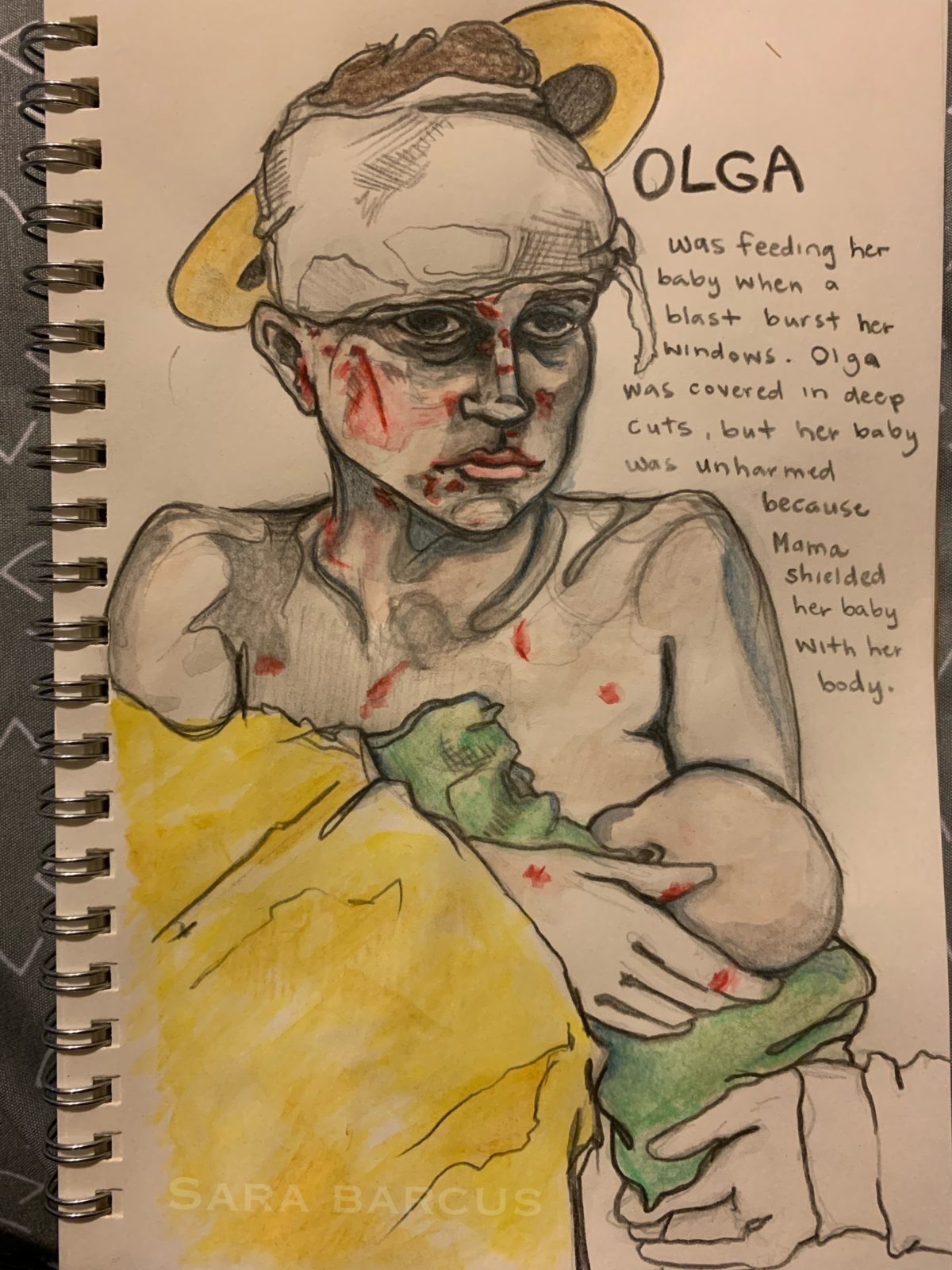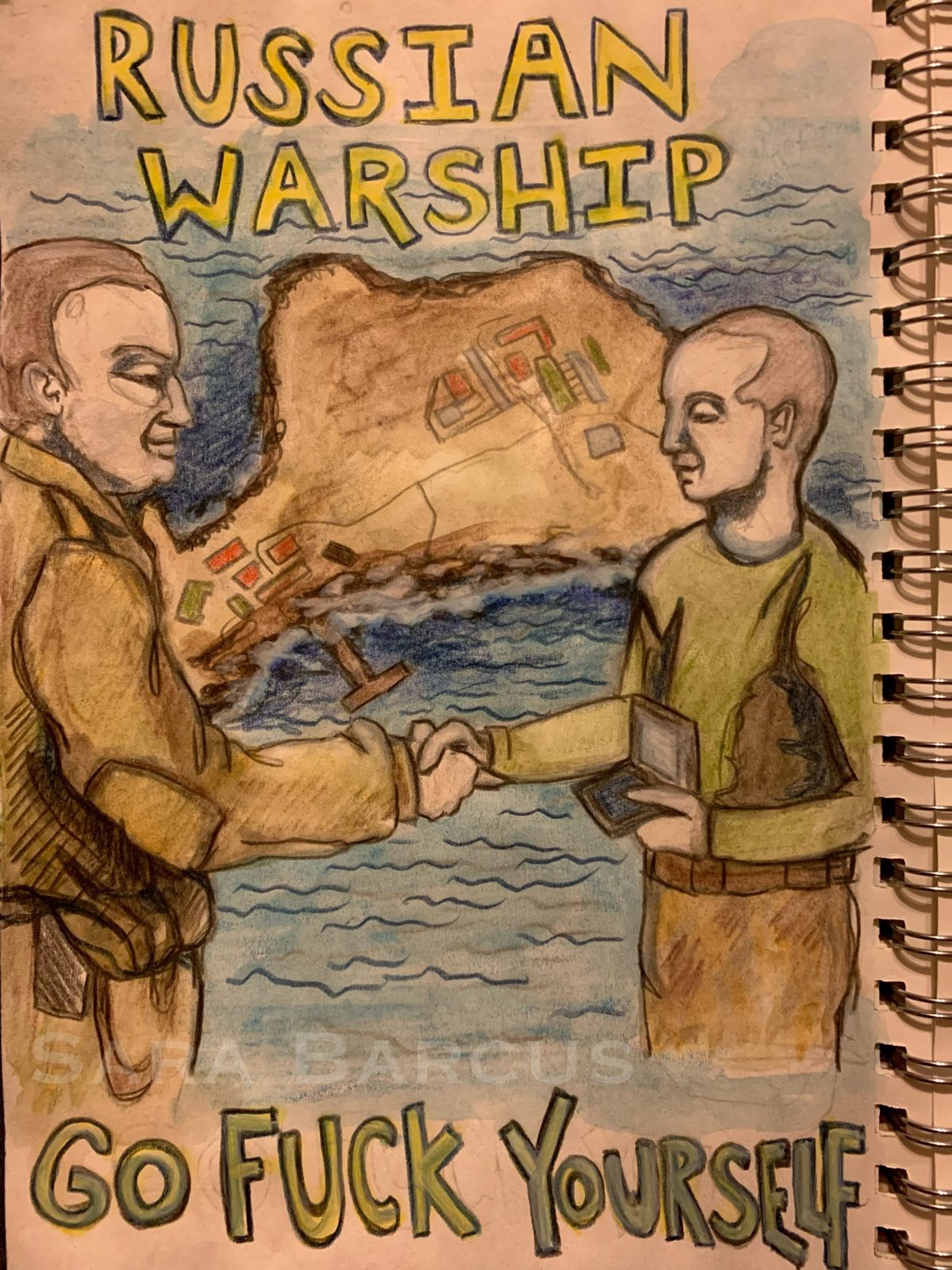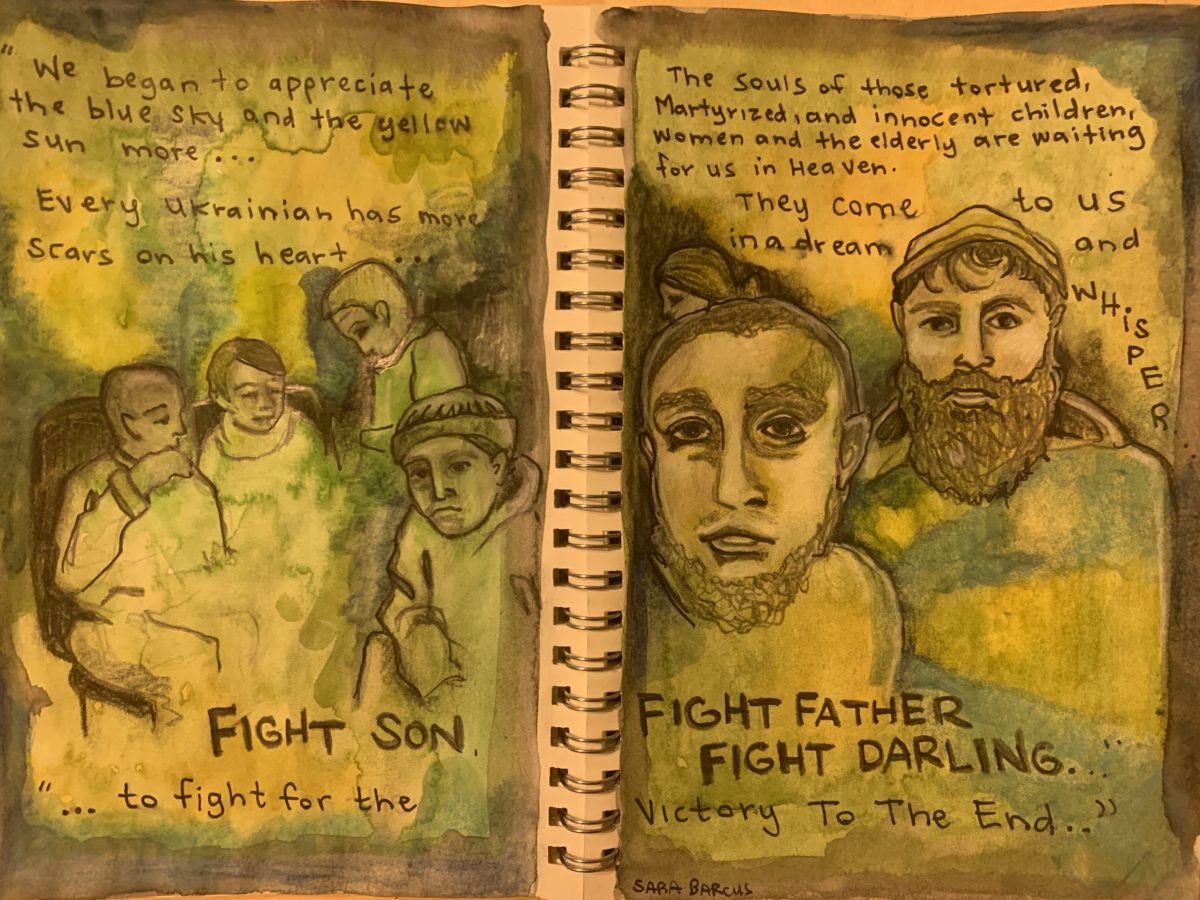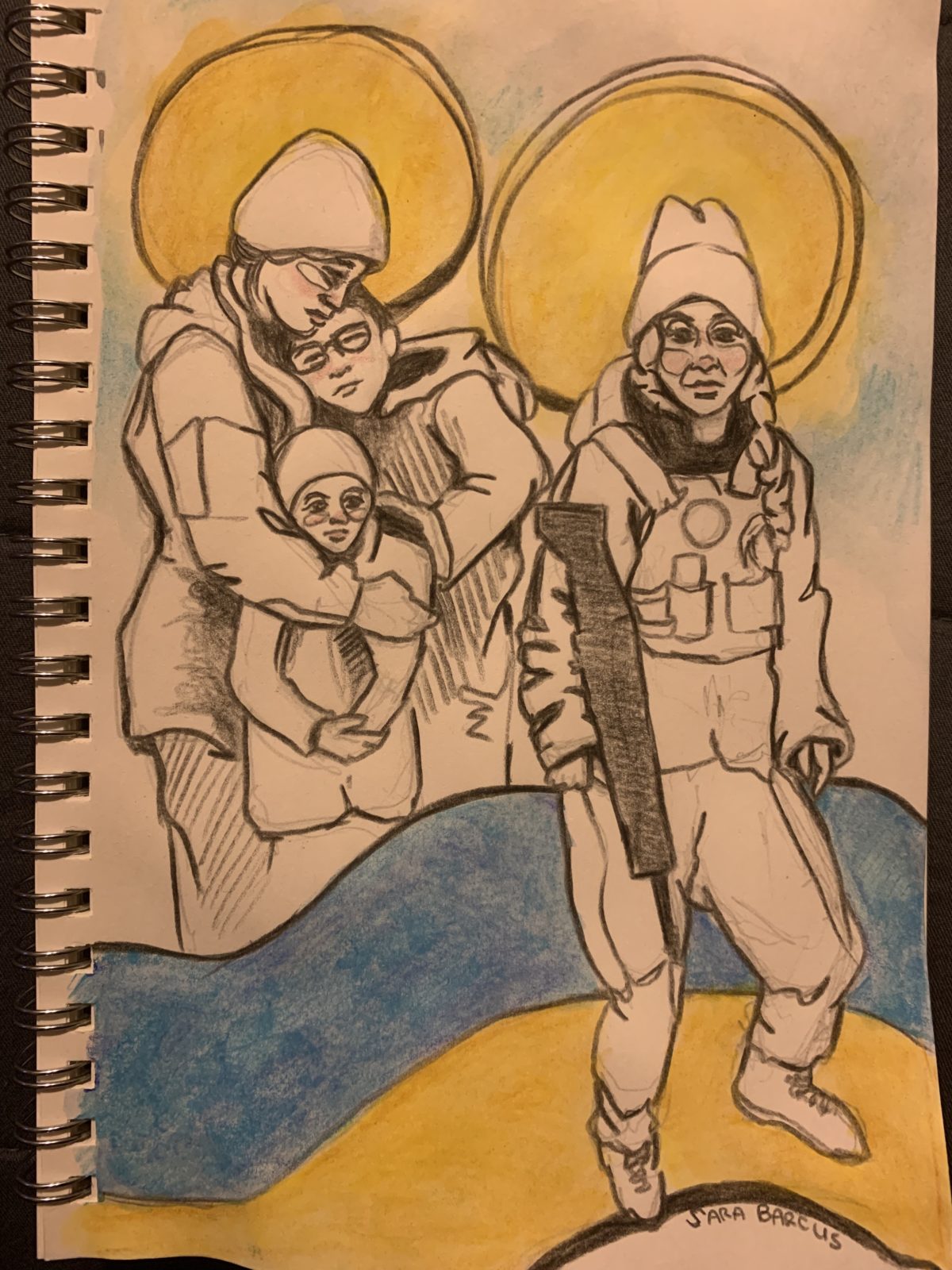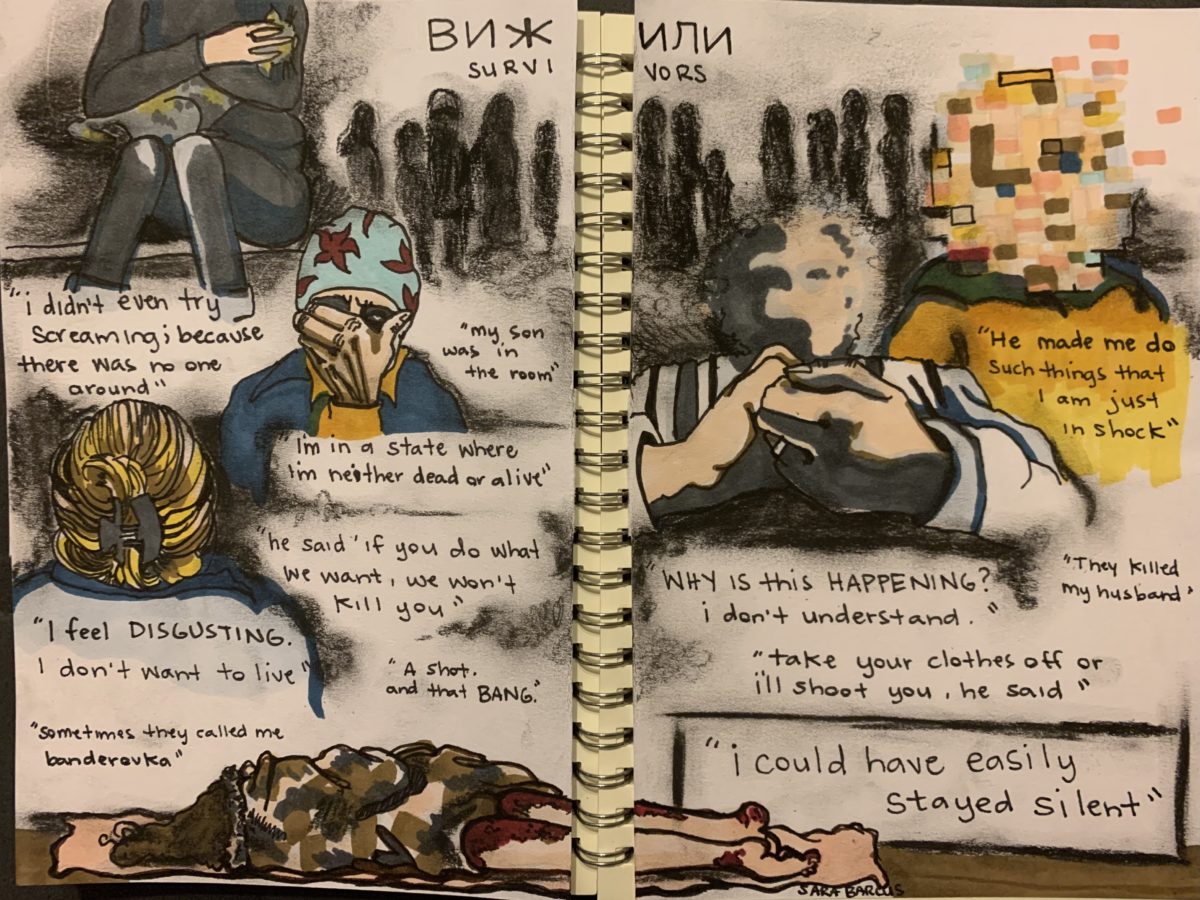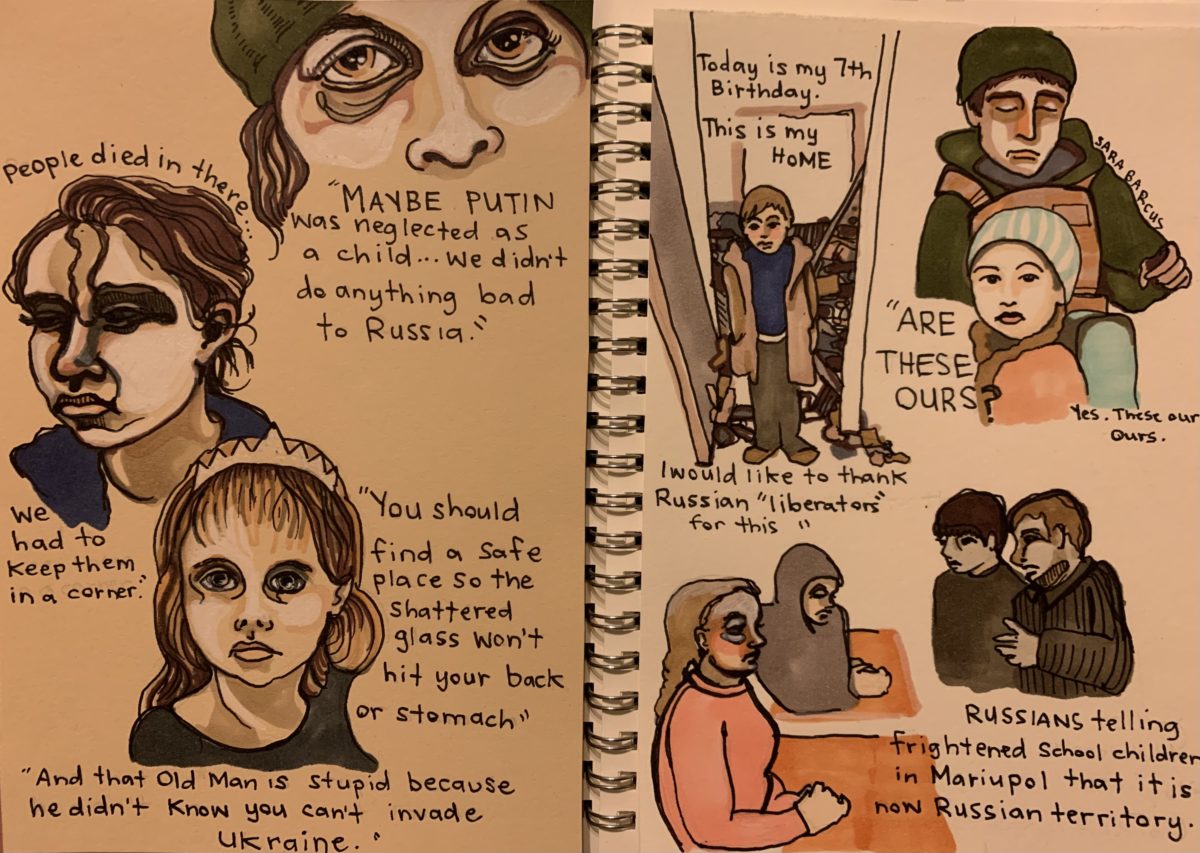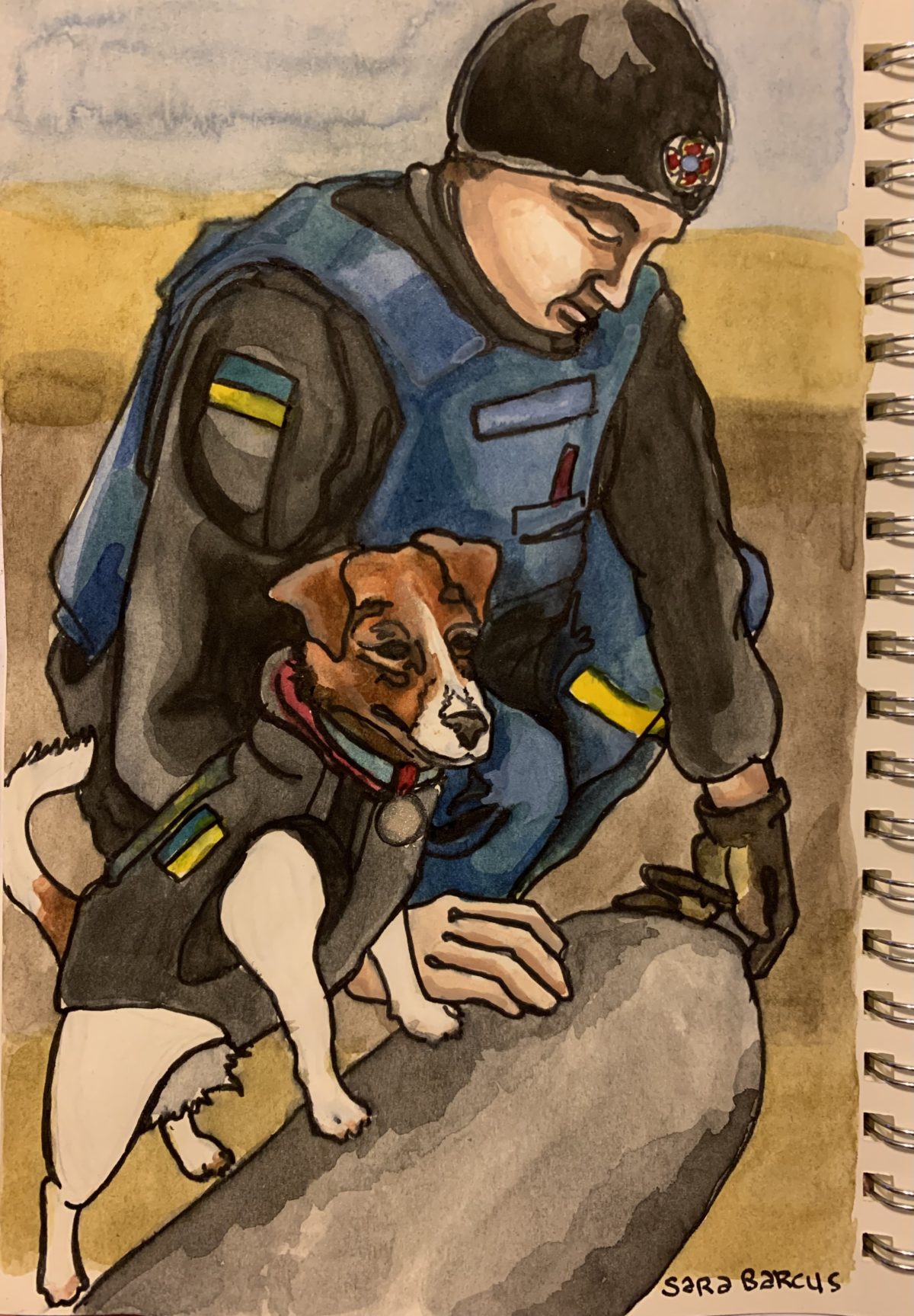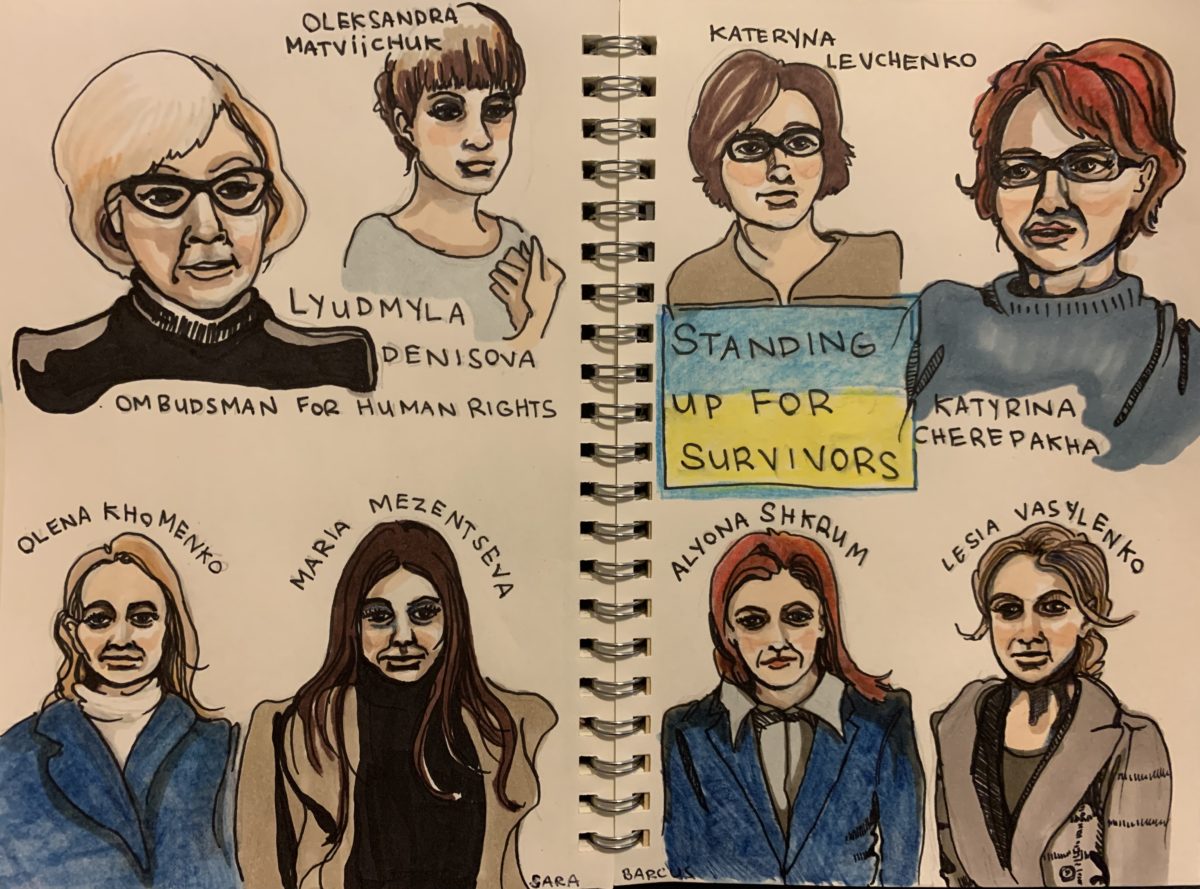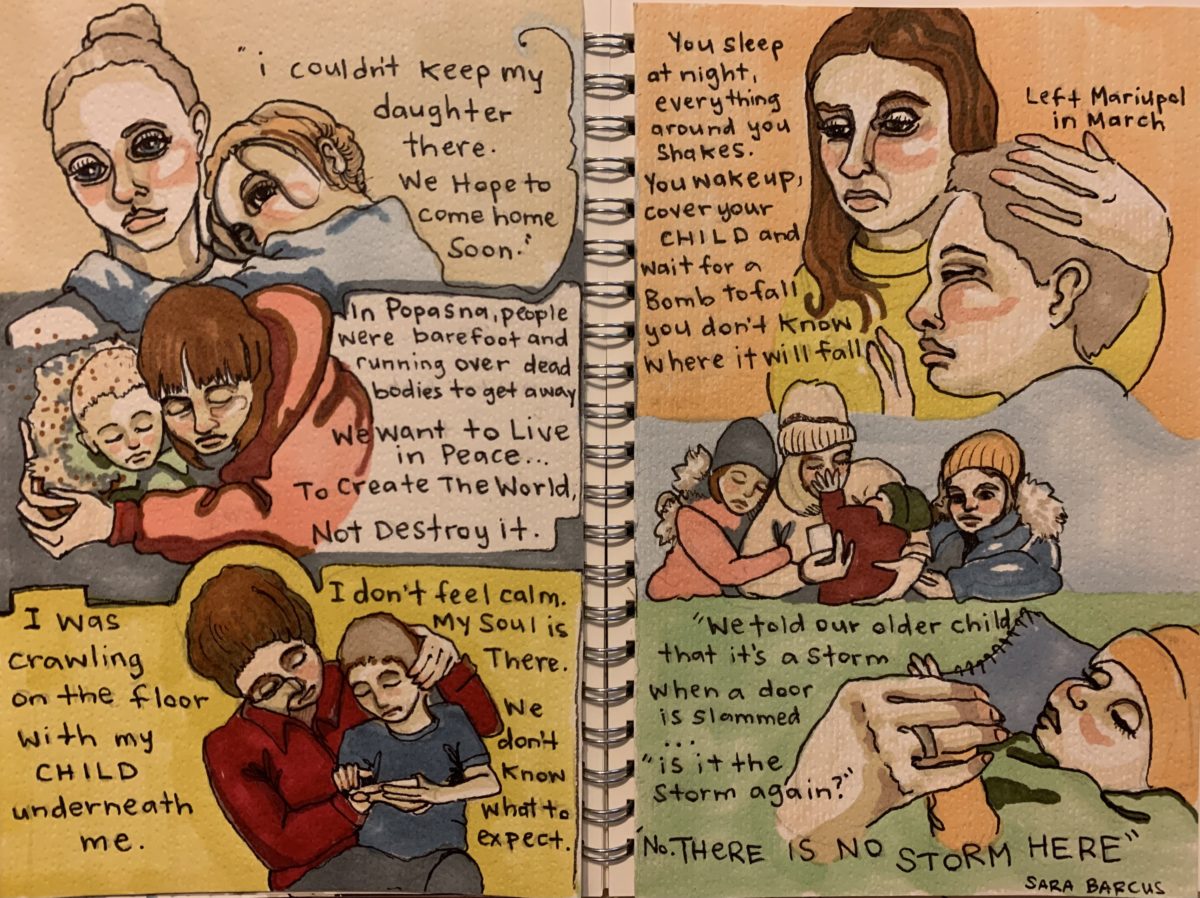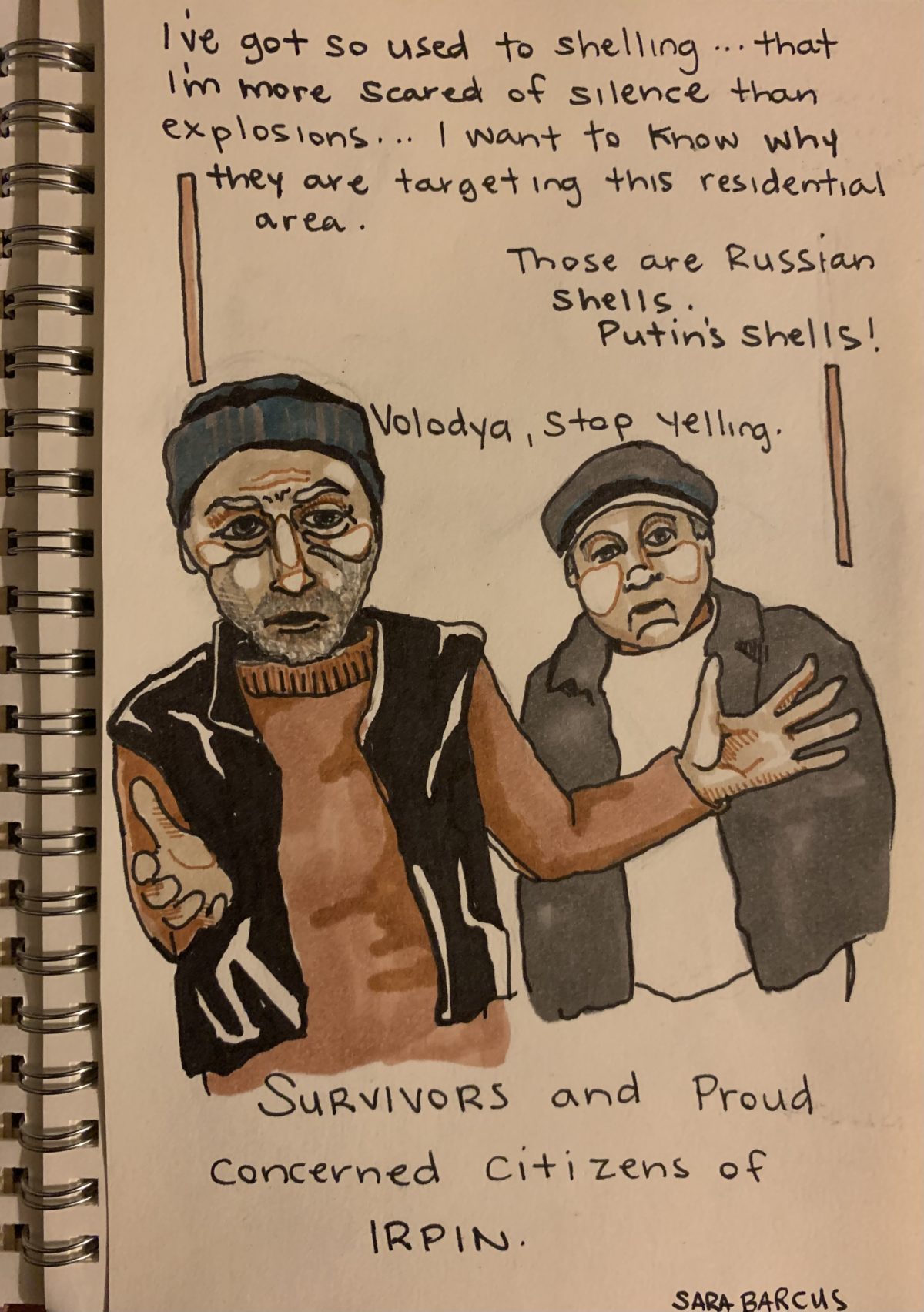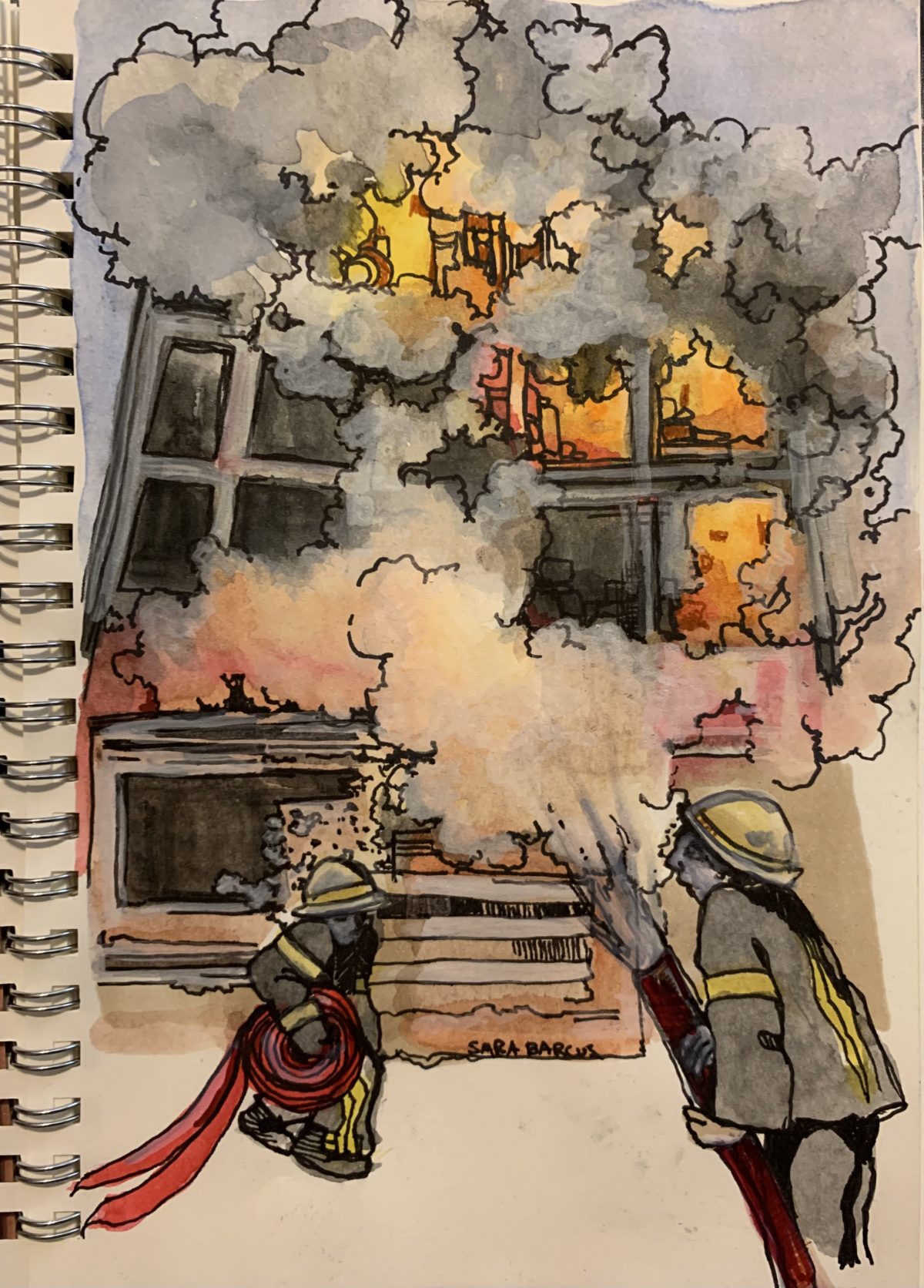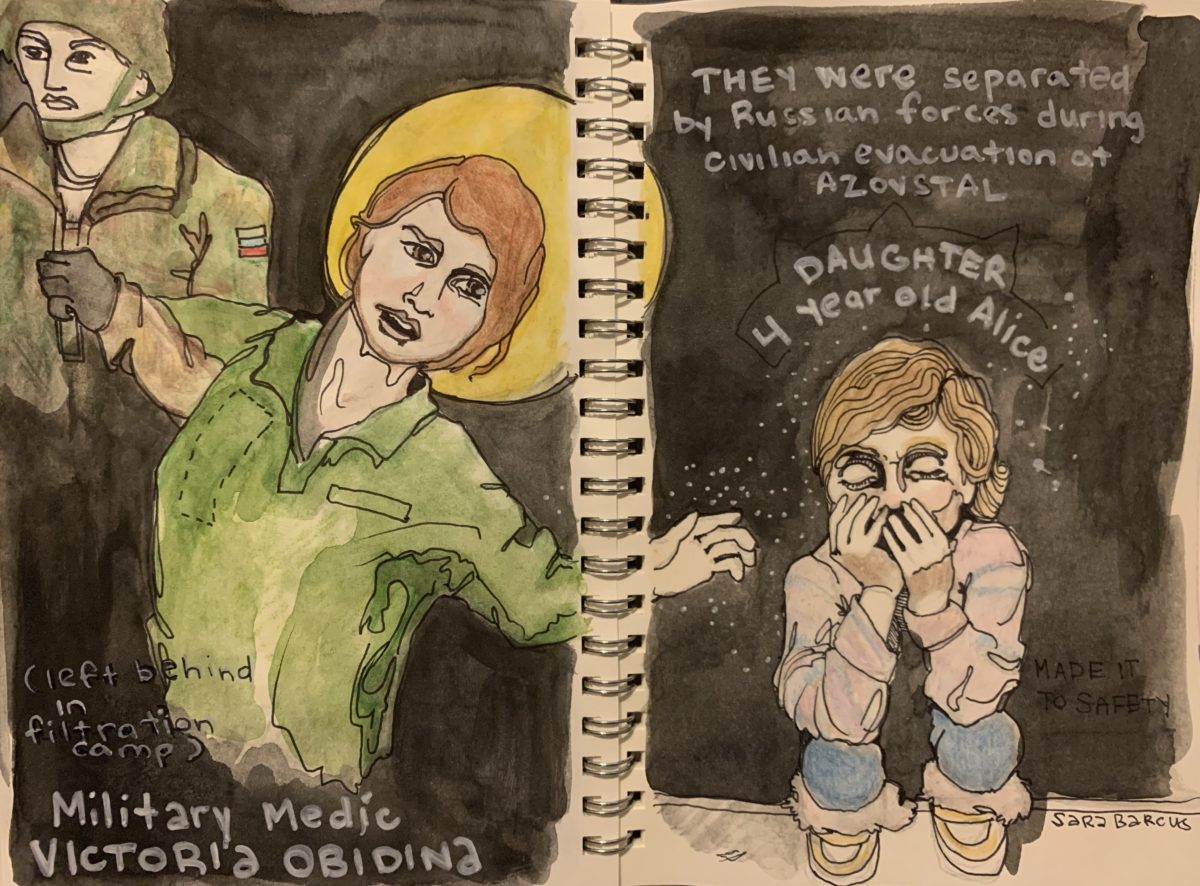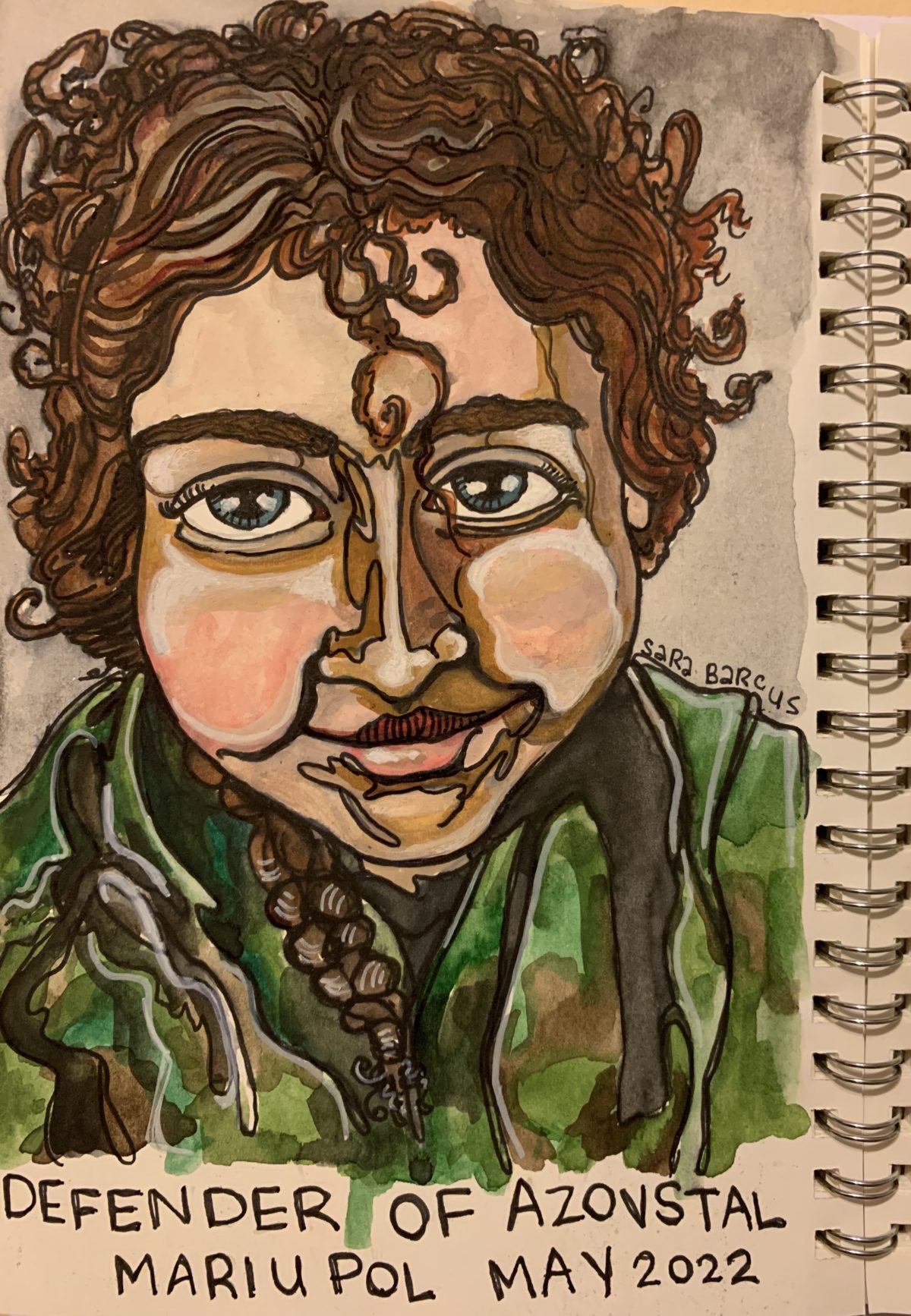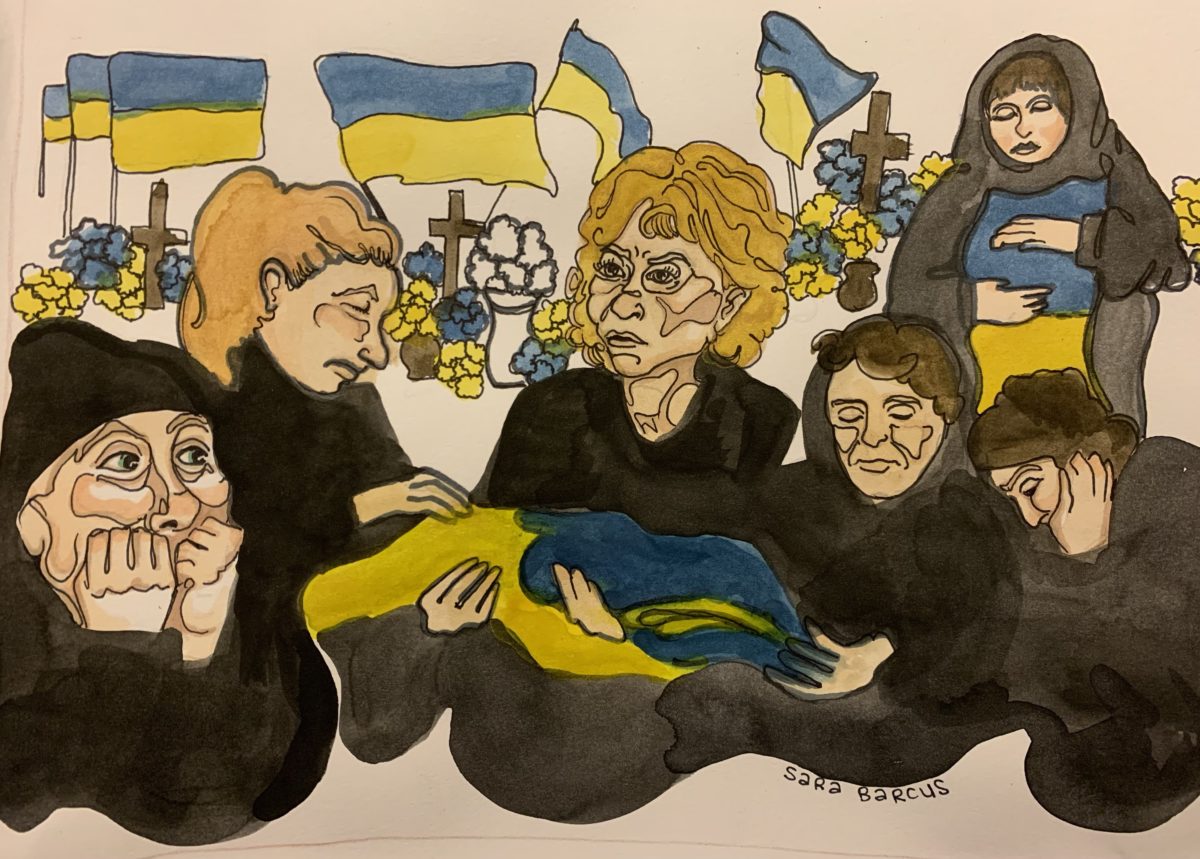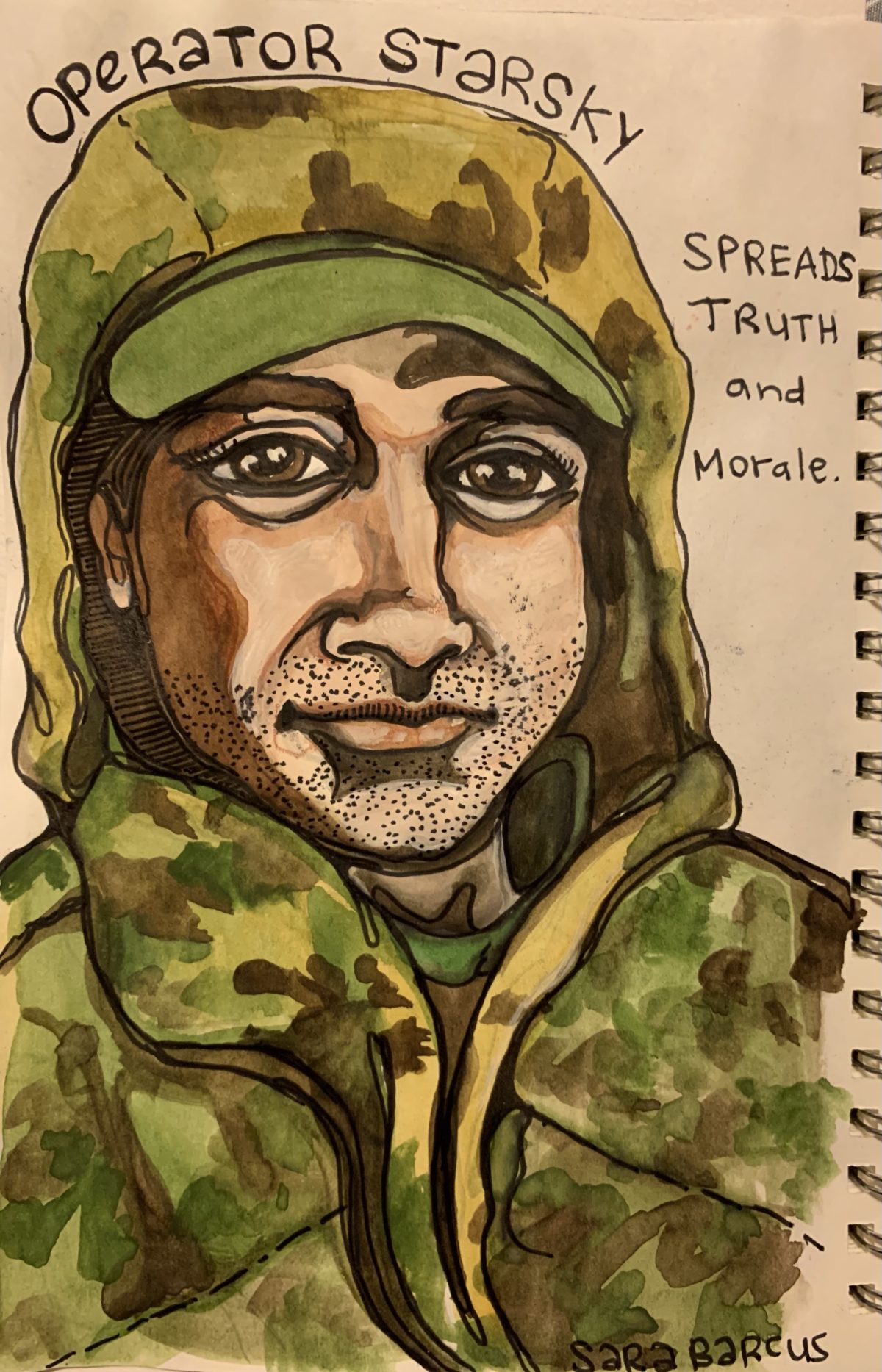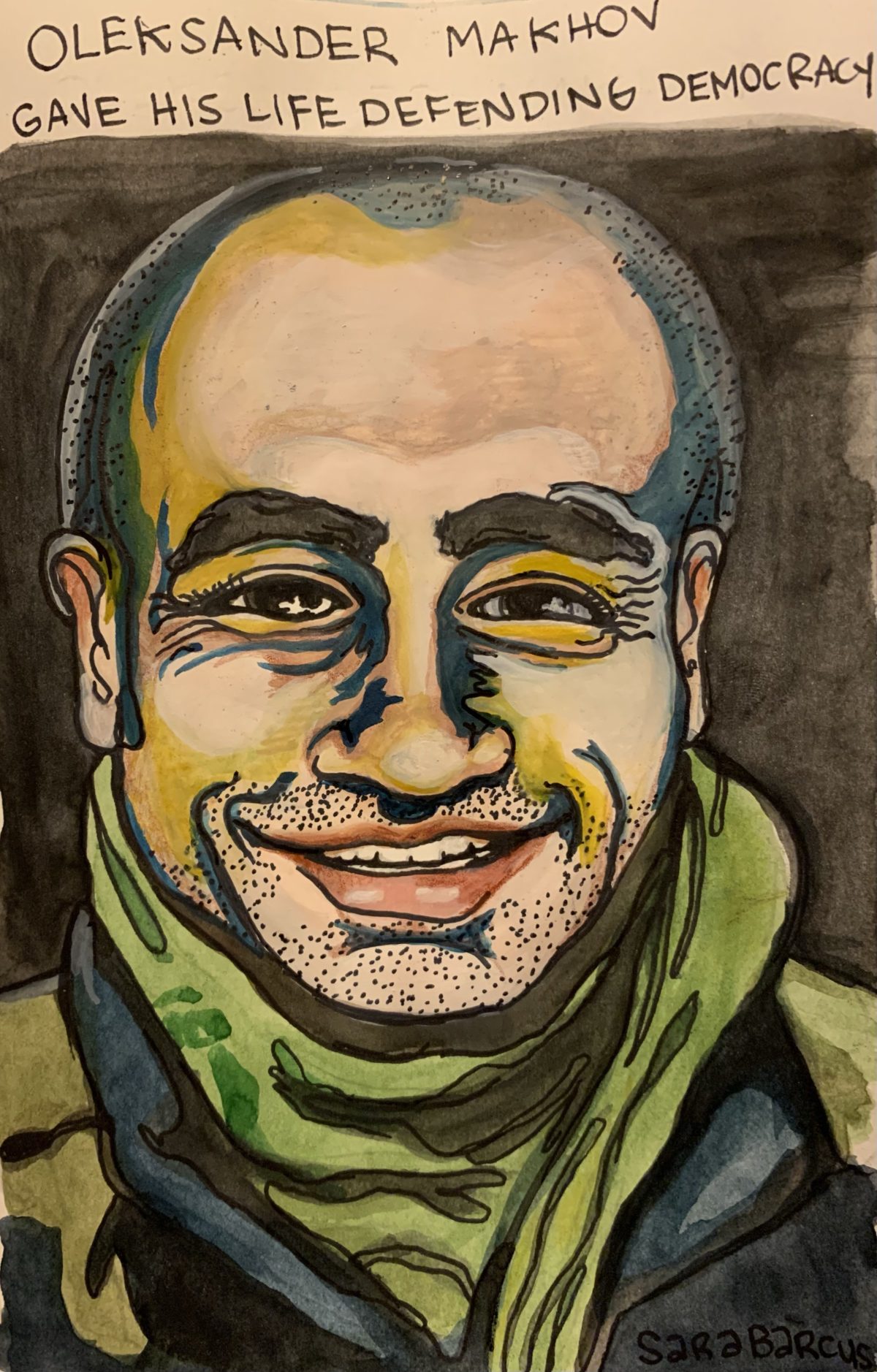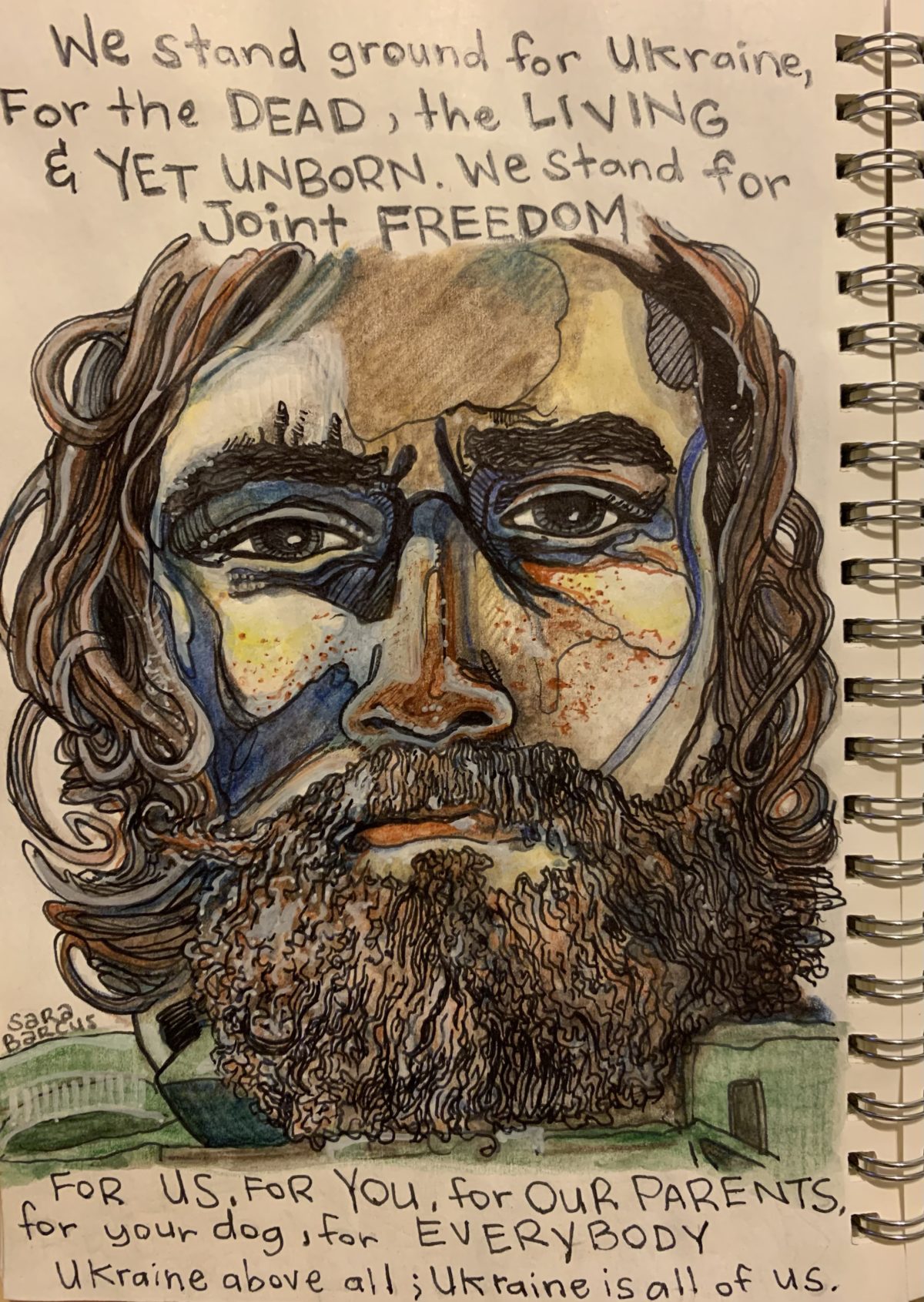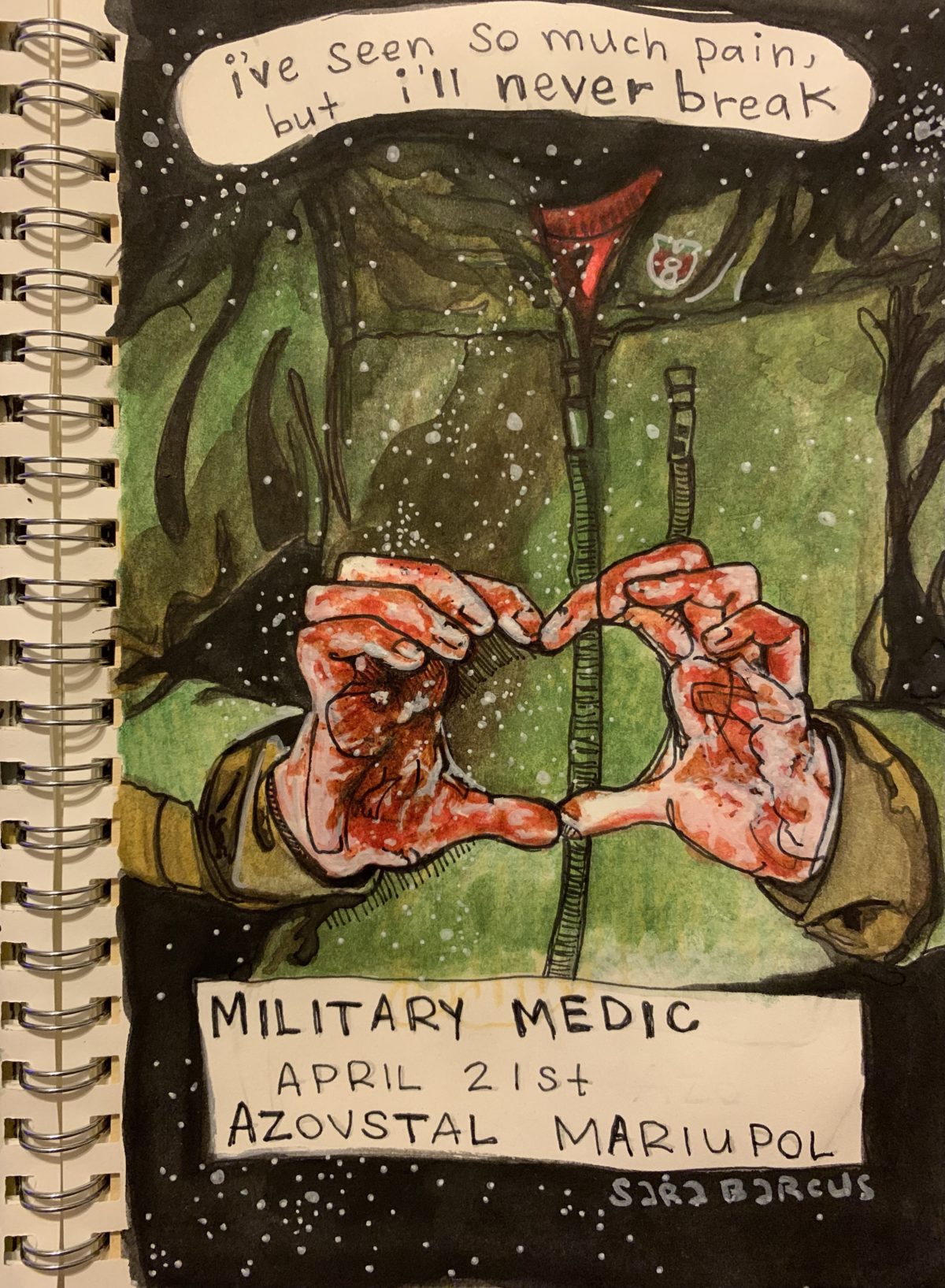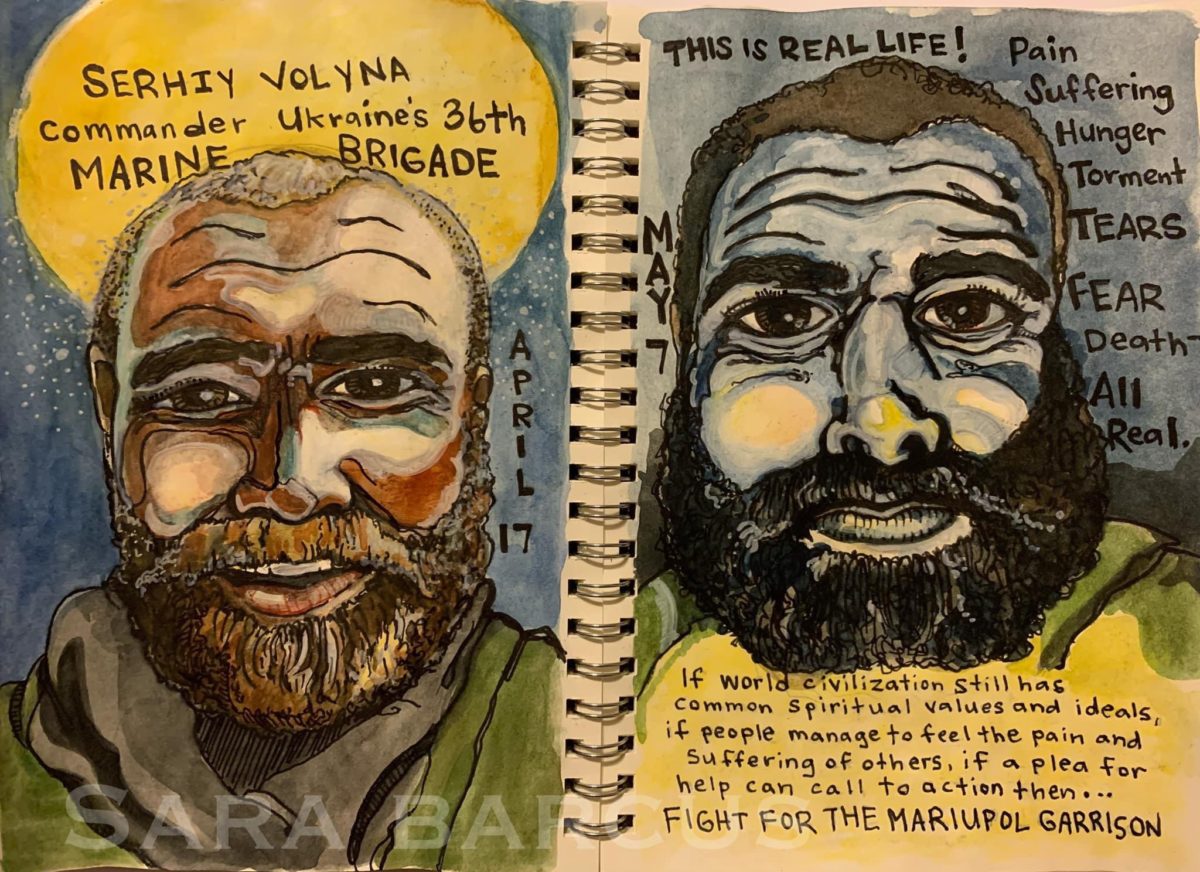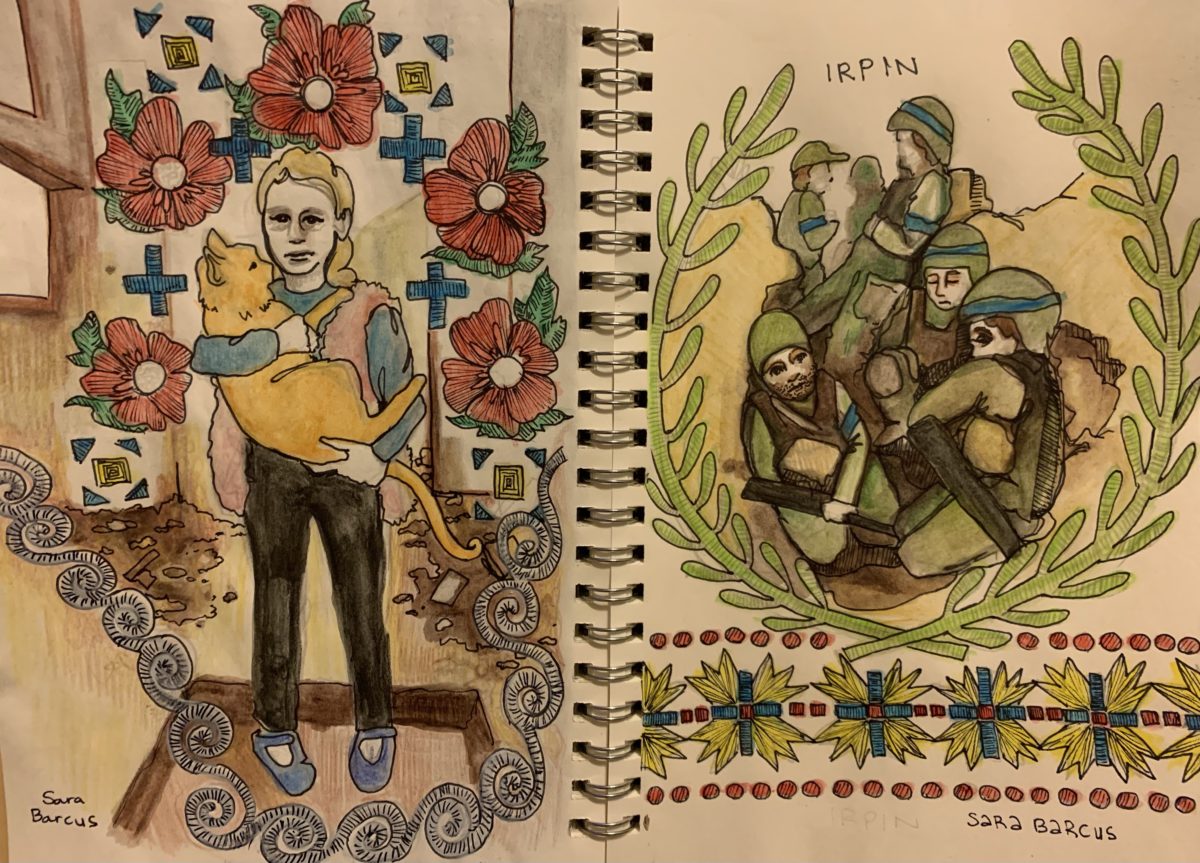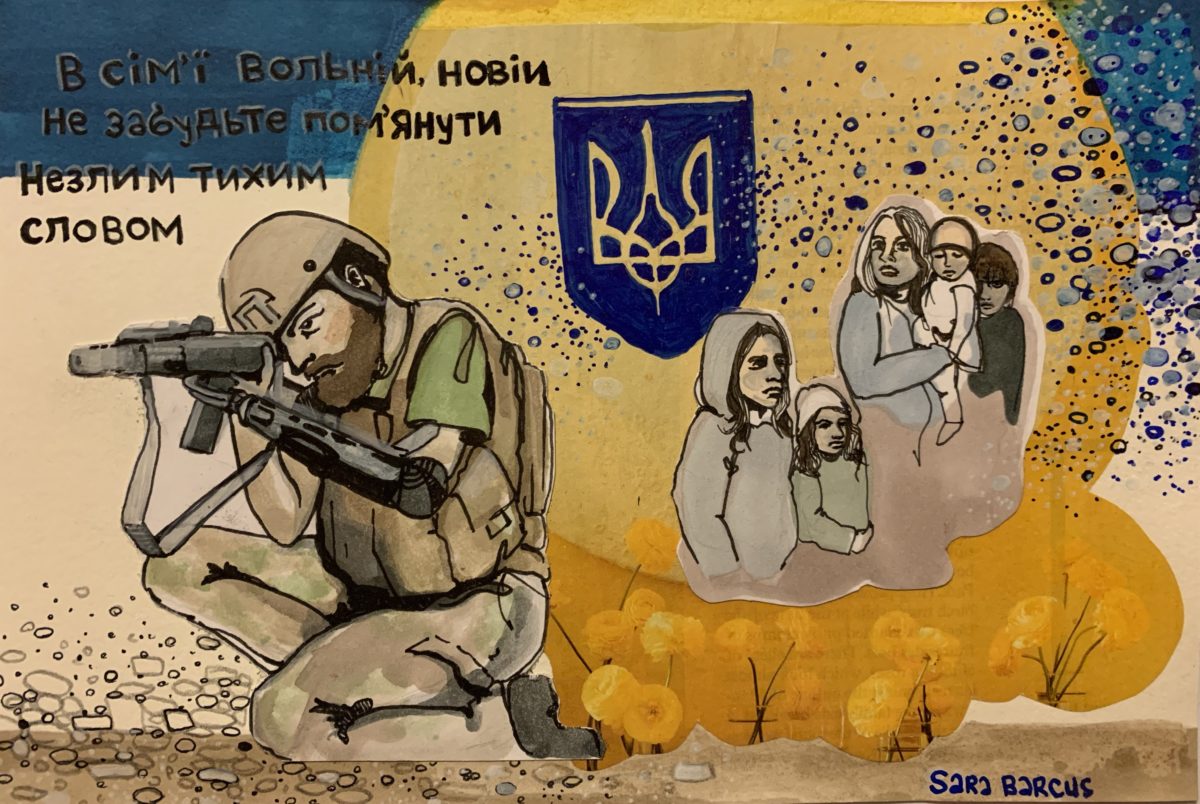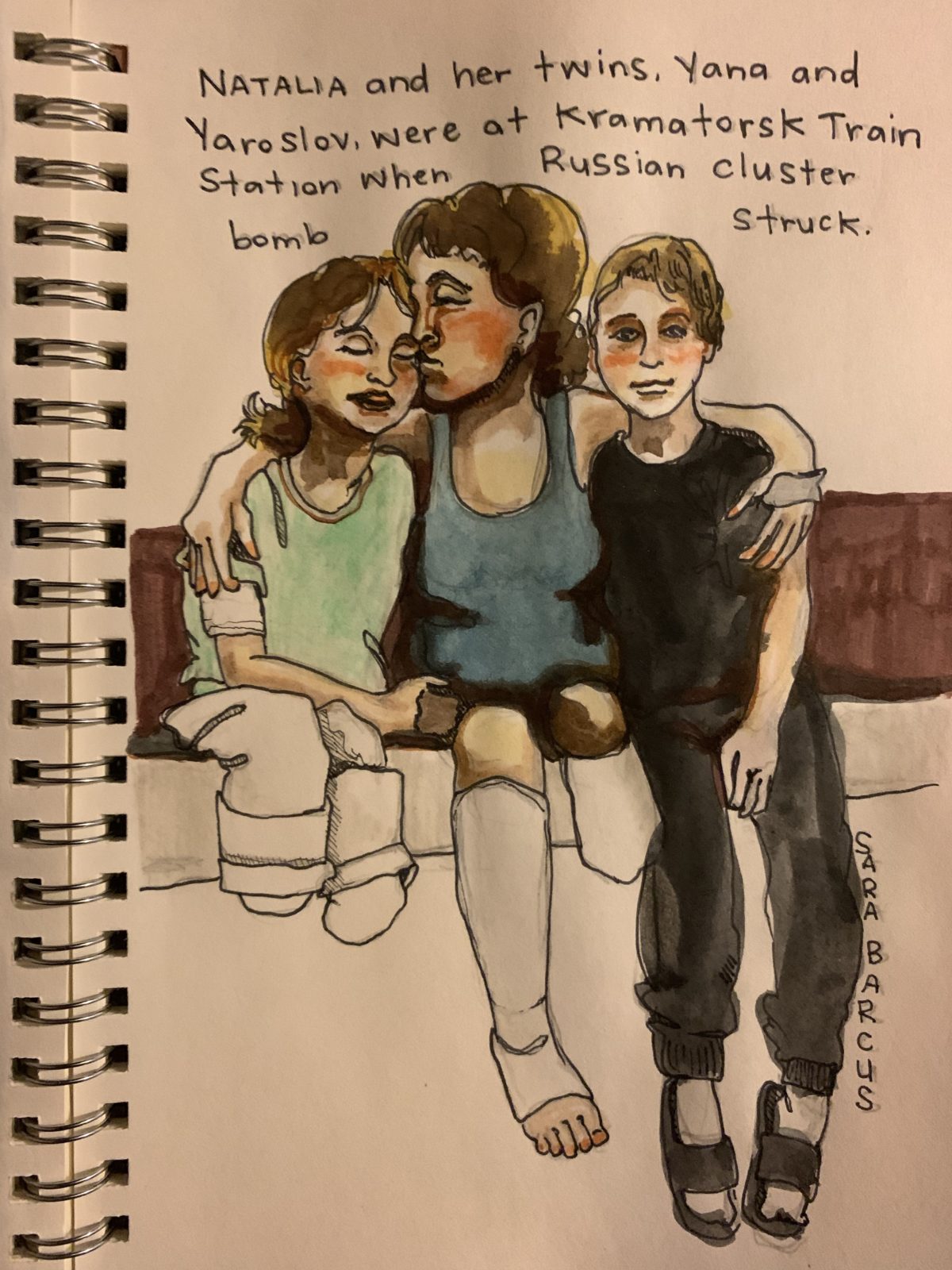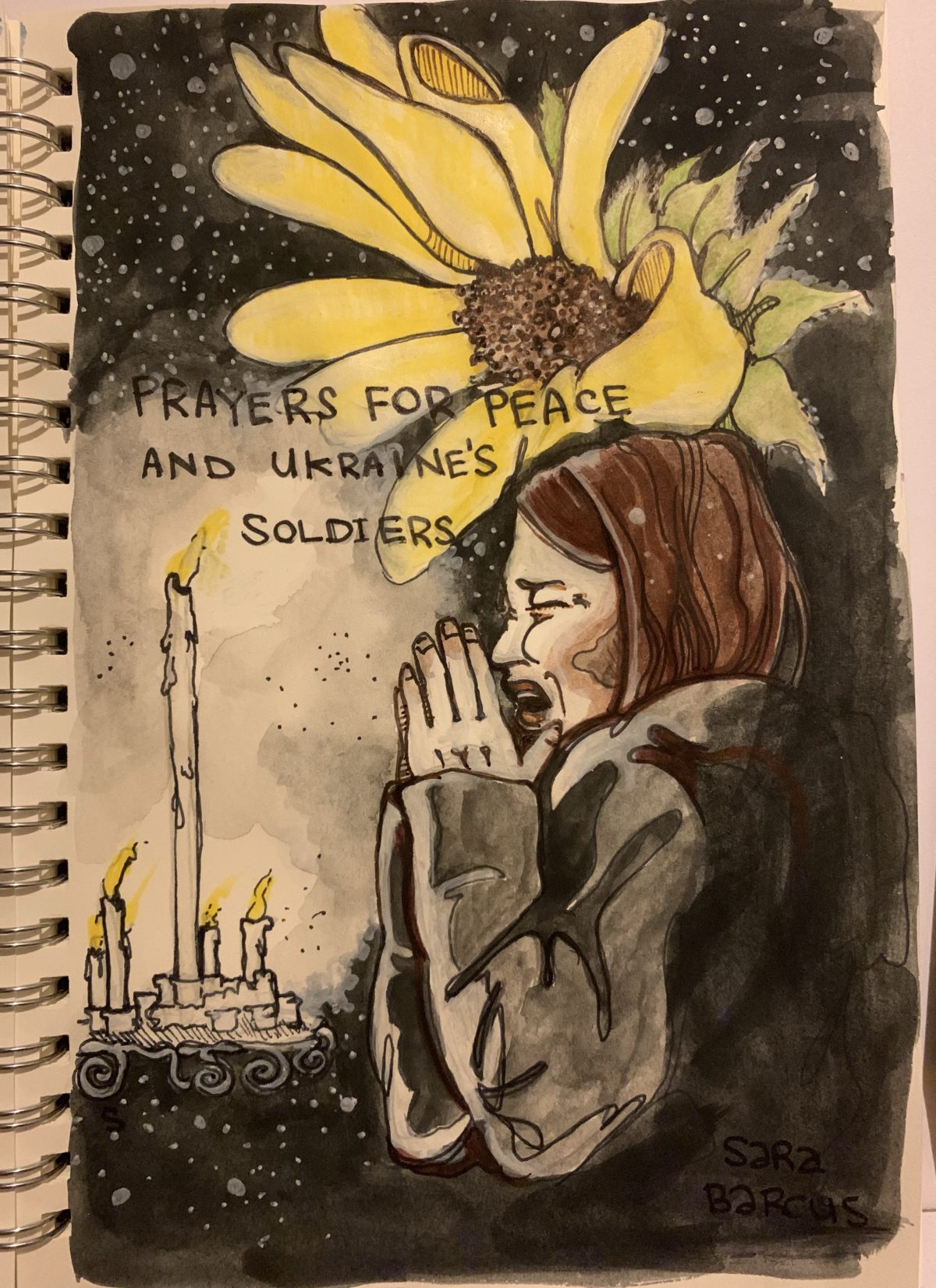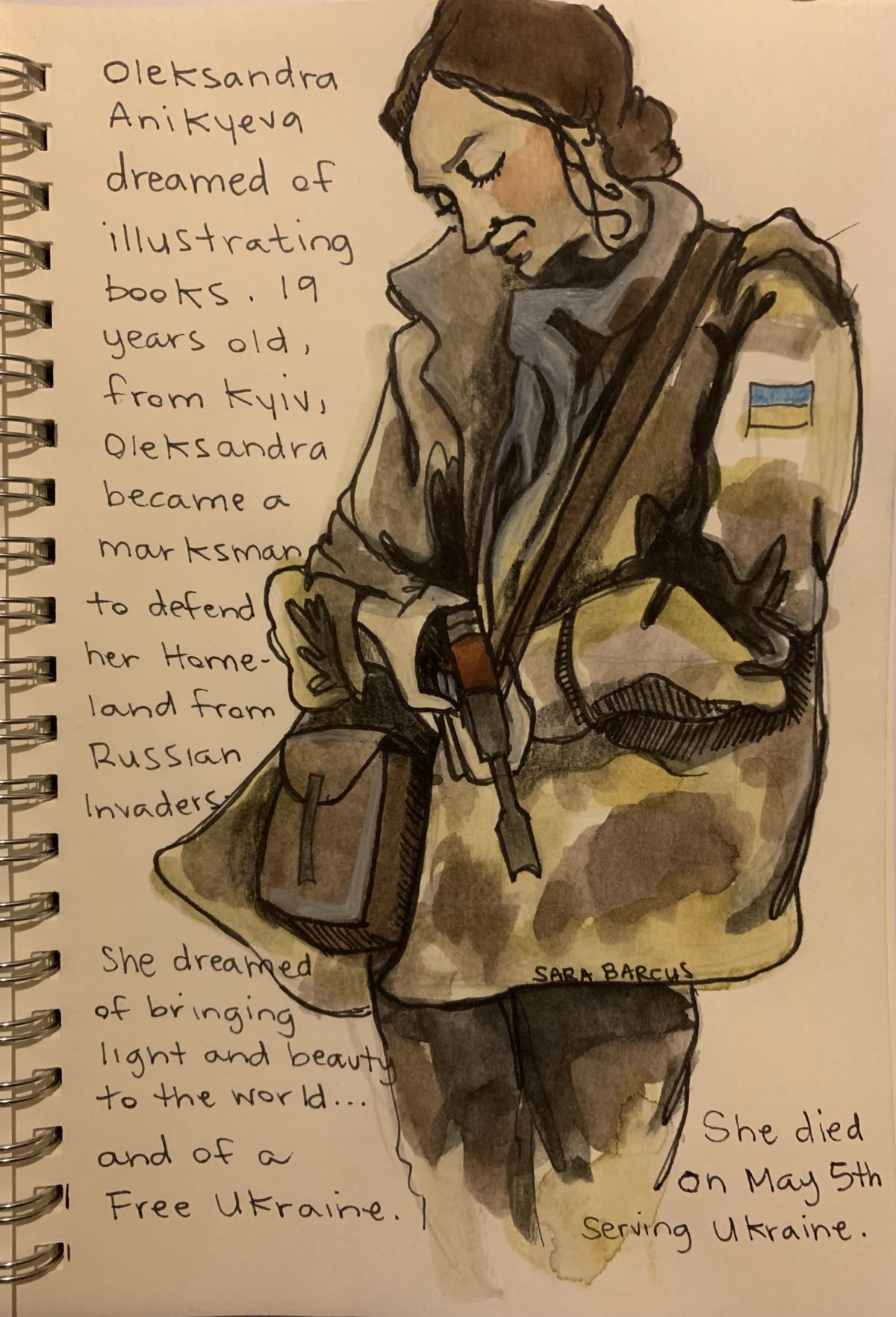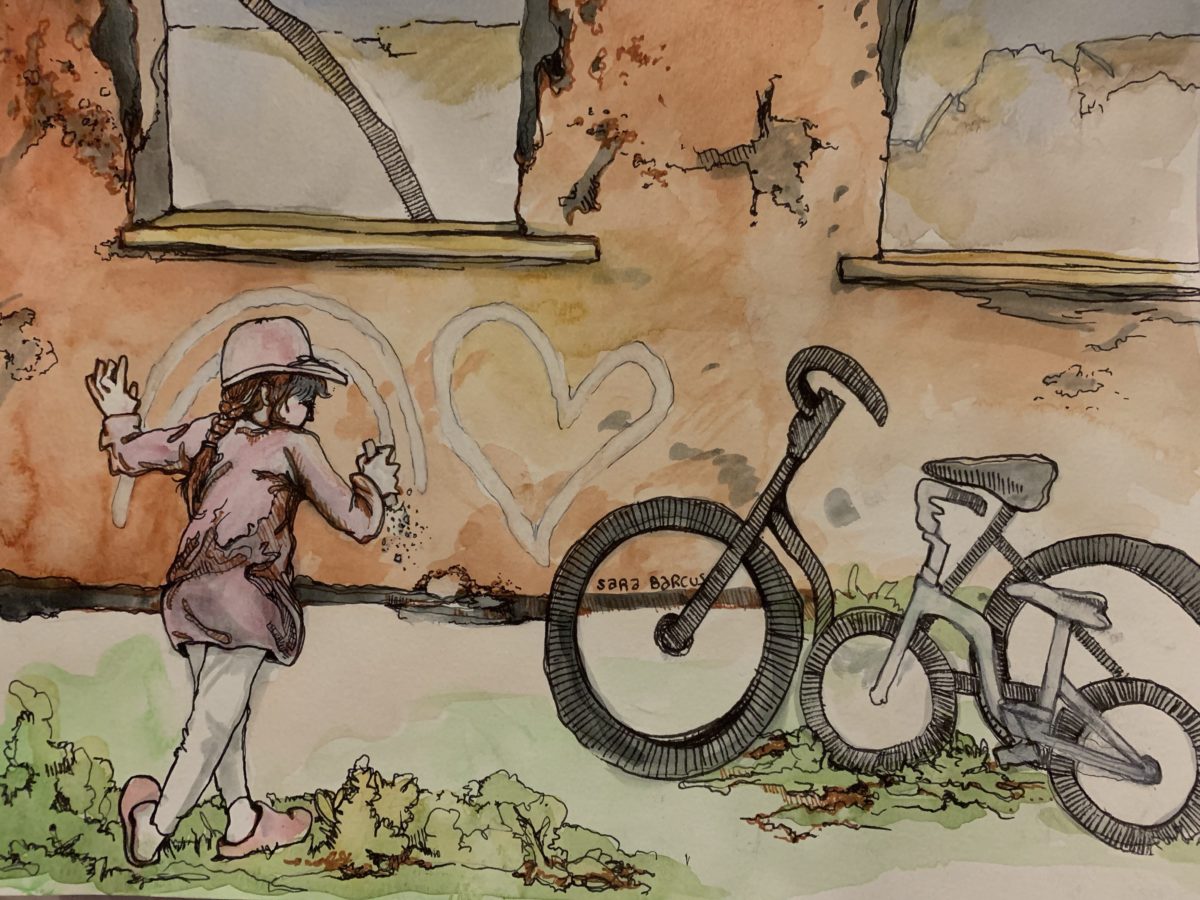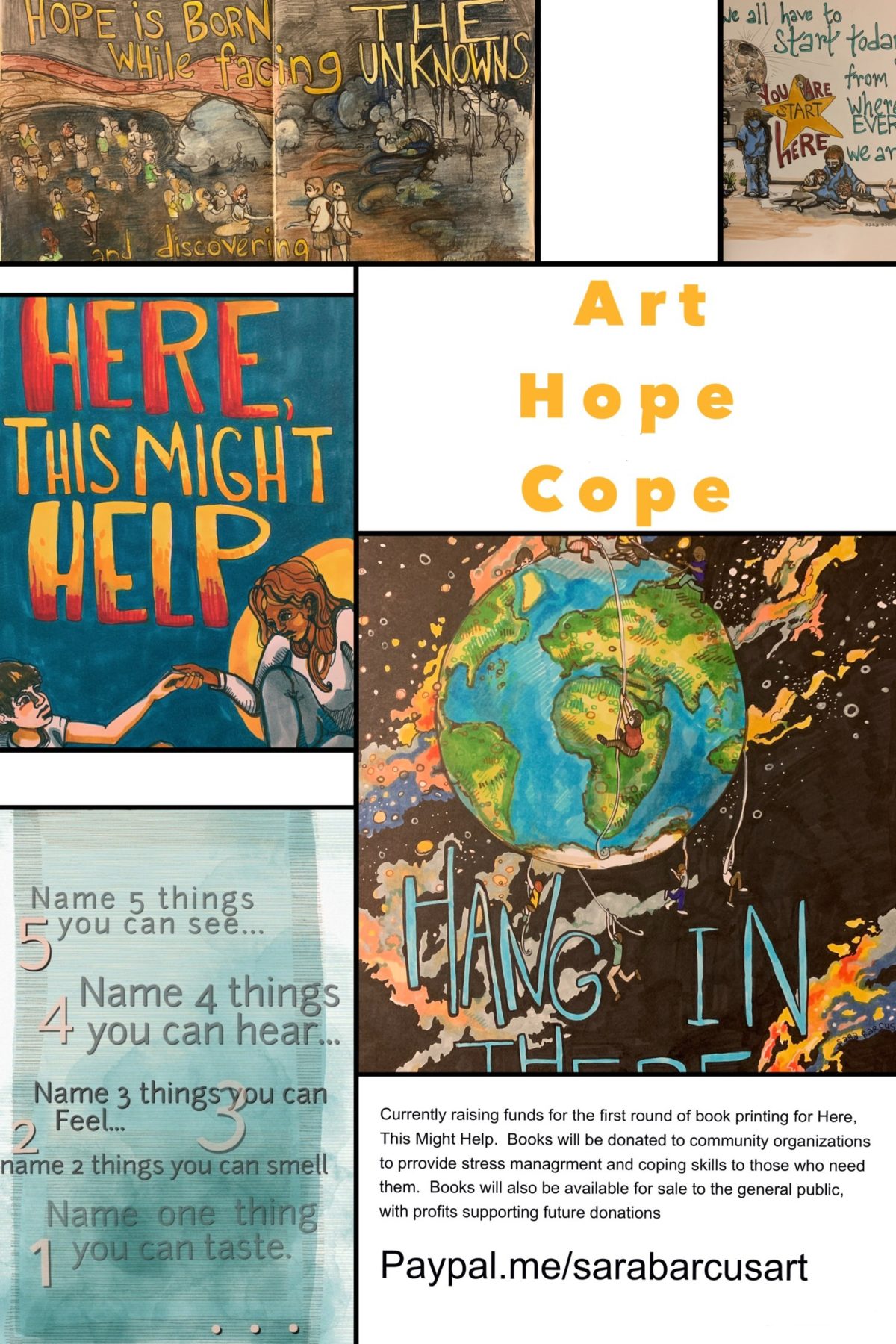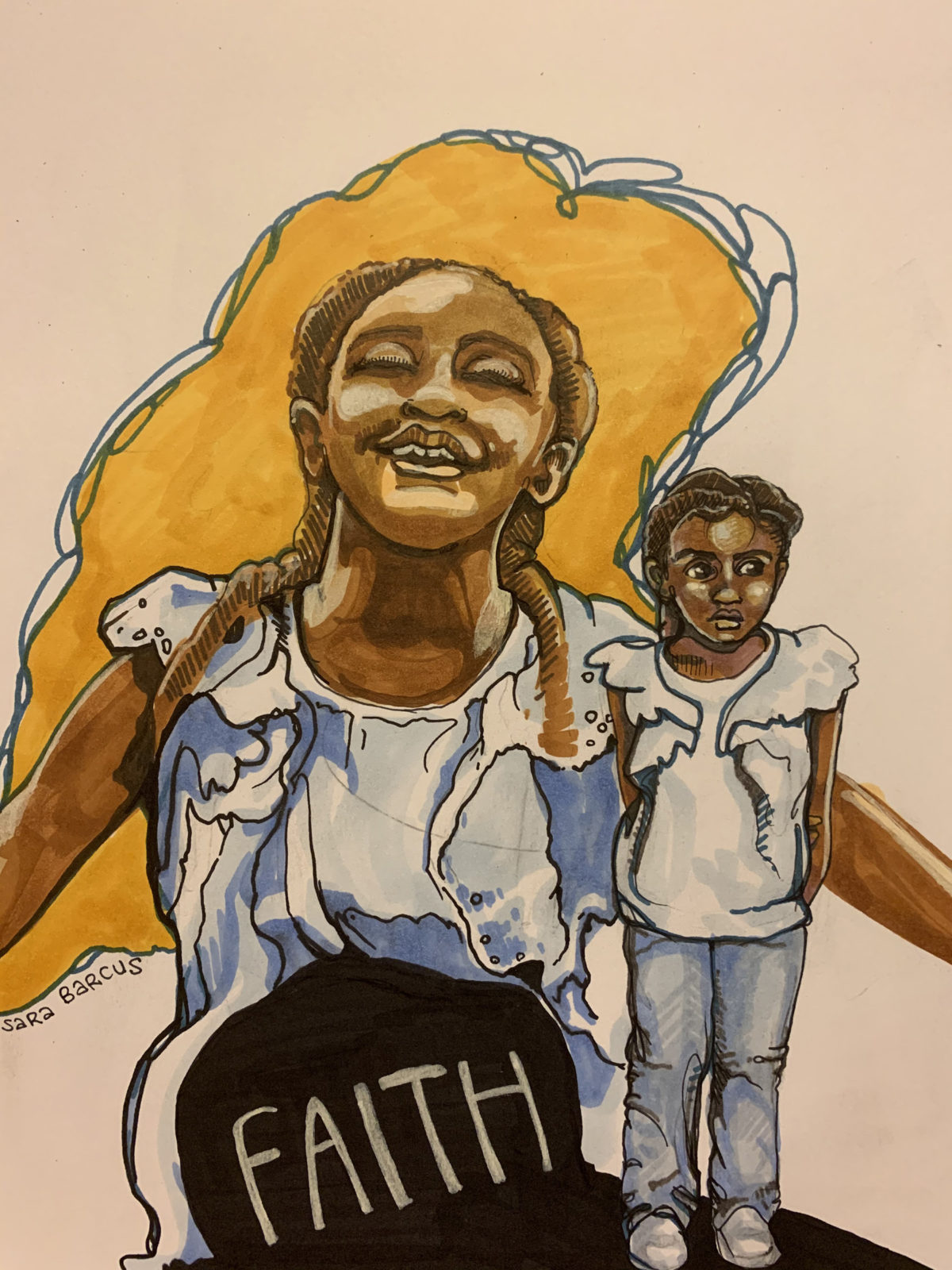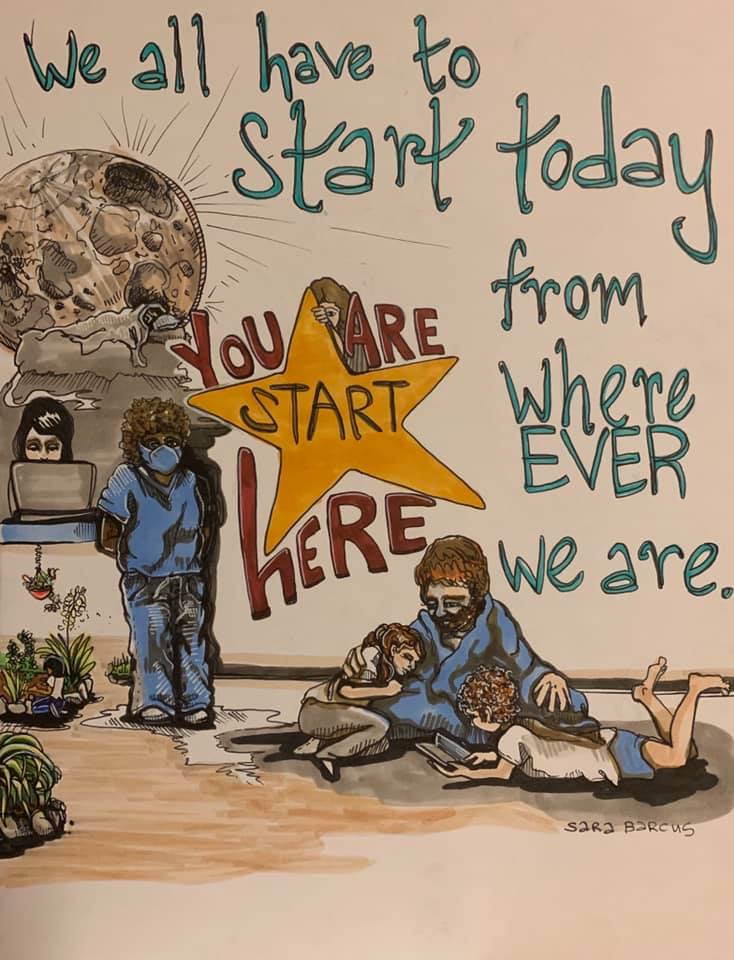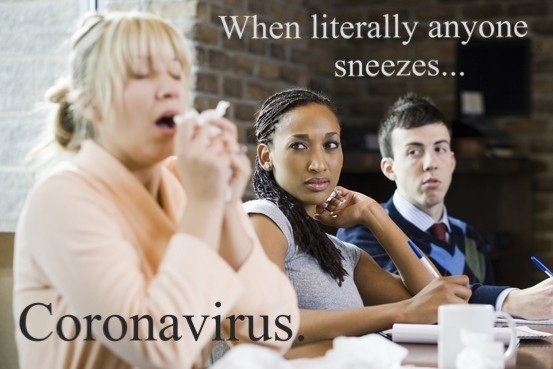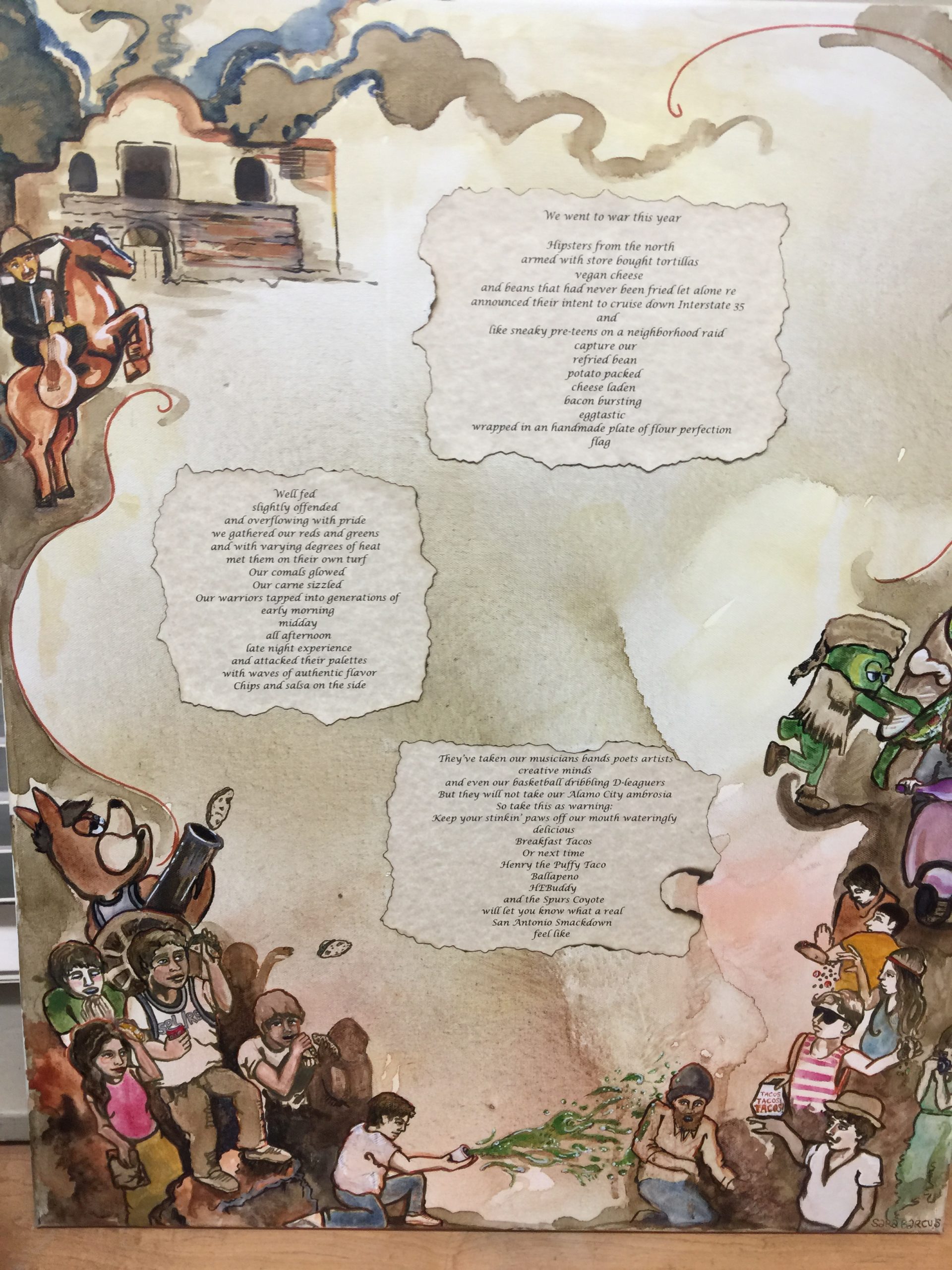I realized this morning what a major source of my frustration has been with government and media focusing entirely on *basic hygiene practices* as defense against the spread of coronavirus.
With the United State’s severely limited testing capabilities, the community should be *extra* vigilant about hygiene. The released posters contain nothing more than what I teach my six year old for cleanliness/illness prevention.
But everyone should be practicing “interacting with the immuno-compromised” hygiene. These are the extra precautions I take in my life when risk of communicable disease is higher. They are not unreasonable. And the population at large adopting and practicing these measures is the absolute best way to limit its spread and lessen the impact on our more vulnerable citizens.
[List is a collection of preventative/containment measures recommended for a variety of different “bugs” and some practices I have developed in response to things like keeping one sick kid from infecting the other in the same house, when i want to visit my bestie during flu season (she is on immunosuppressants), that time i was hospitalized with the flu, the time i was stopping poison ivy exposure, and just generally during flu season or when we are having more house guests.
So *definitely* do these if you or someone in your house is more vulnerable. And if your household interacts with a greater population of people, it’s probably good practice at the moment.
Consider doing these if you’re anyone else within your abilities and reason.
(The CDC posters cover the bases. These are just applying those basics more broadly.)
In Public:
Do a Risk/Benefit analysis of any large-group activities. Stay home when possible, especially if you feel sick or have a fever…even if it’s mild.
Wash your hands well after interacting with any surface that is more likely to have been exposed to “bugs”.
In public spaces, limit the items your body contacts; use one hand to manipulate doors, elevator buttons etc and don’t lean on walls or railings or place your belongings on public tables. Make sure to not use this hand until i have washed/sanitized it.
Sanitize hands *before* and *after* interacting with public items such as: sign in clipboards/tablets/computers, community tables.
(Just pretend everything is a seedy bar or gas station restroom…though, that might be drastic depending on your general level of hygiene.)
(I’ve always had logical issues with coughing in your elbow…and then switching to elbow bumps. Well…i have issues with the concept of washing your hands regularly, but coughing into your elbow. We don’t routinely wash our elbows and they come into contact with public places and other people quite a lot.)
…cough or sneeze into own shirt. Maybe that sounds gross…i don’t really know or care. Those droplets are more contained on me and I can control people interacting with my body and cleaning those items.
When I’m sneezy, i carry tissues and sneeze in tissues. I dispose of the tissue (or i have a place in my bag for dirties). I sanitize my hands. The place in the bag for dirties gets cleaned regularly. (Think reusable/machine washable snack bags).
At Home:
Put toys with lots of pieces and household items that are harder to clean away when they aren’t necessary. Consider putting some things in “preventative quarantine“. When “bugs” are going around at the boys’ school, the legos go up for awhile. So do “extra pillows”, more interactive “coffee table items”, etc.
I change my air filter. I change it again, if we get sick, once symptoms are dying down.
Same thing for sheets.
Lysol multi-surface is amazing.
I nightly do a quick wipe down of all public surfaces in the house (fridge handles, trash cans, doorknobs too) and any items (like nintendo DSs) that get more interaction.
I’m a morning shower person, but I switch to nightly showers when my sick risk is high. Picked this up with ways to lessen seasonal allergy “contamination”. By bathing at night, you eliminate transferring all of the days allergen accumulation into your bed.
If one person is sick and others aren’t: they’re more self-contained. Ex: I’ll set the kiddo up somewhere with the necessities and I facilitate things beyond that. There is at least a separate place for used tissues, a way to sanitize hands, snacks as able, water or gatorade and entertainment. I switch and wash clothes/blankets/ sheets every night (as needed). I disinfect anything coming in or going out (within reason…i’m not like setting up a cleaning chamber or anything…but if my kid coughs on me i’m gonna change shirts). They obviously have free travel to the restroom. If they are super snotty, they get extra baths. The steam also helps clear mucus.
Dirty laundry is moved from more centralized location to only by the washing machine.
Stuffies (and other items) often end up getting quarantined for around a month. Appropriate items are placed in well sealed bag (trash bag will work when tied without gaps and placed in an out of use location).
I check the kids for a fever before going anywhere public. They aren’t great at self-reporting. I wait 24 hours fever free (without a fever reducer) before they go back to school or interact with public at large.
Interacting with People in public and small groups…or 1 on 1.
You should never be pressuring any kind of physical contact with people anyway…but definitely don’t make someone feel bad or be offended if someone doesn’t want to hug+.
Maybe make your go-to a fancy head nod or hat tip. Give people space and give yourself space. Don’t be cruel in limiting contact; be reasonable.
If you don’t know a person, give them space. In grocery stores, lines in public, elevators…
Shrink your space if you can before imposing on their’s. You don’t know everyone else’s risk status. Your understanding that it probably won’t be a huge a deal if you get it shouldn’t keep you from understanding that it may be a big deal if the woman in the elevator next to you does. Don’t minimize other people’s precautions and echo them when interacting.
They know better than you do (or i do) what they need from the public concerning interactions. Now is certainly not the time to make anyone feel bad for “not being friendly” while y’all are sharing public space.
Consider sharing disinfectant supplies in public if a situation warrants it. If you saw someone sneeze over a sink in a public restroom, maybe wipe it down before you wash your hands well. Share travel hand sanitizer if someone doesn’t have any.
If you are giving things to people or receiving items, consider disinfecting as possible.
Video call with friends/relatives who are higher risk for complications even if you aren’t symptomatic at all.
If you feel sick or have a fever, stay home. If you have to leave home; severely limit contact with non-personal items, don’t get on that first elevator with the group of 11…wait for the next one.
Cough in your shirt.
Be Excellent to Each Other.
*I may realize later that I forgot some good ones and come back.
*I also may make an illustrated version if that might be helpful.
